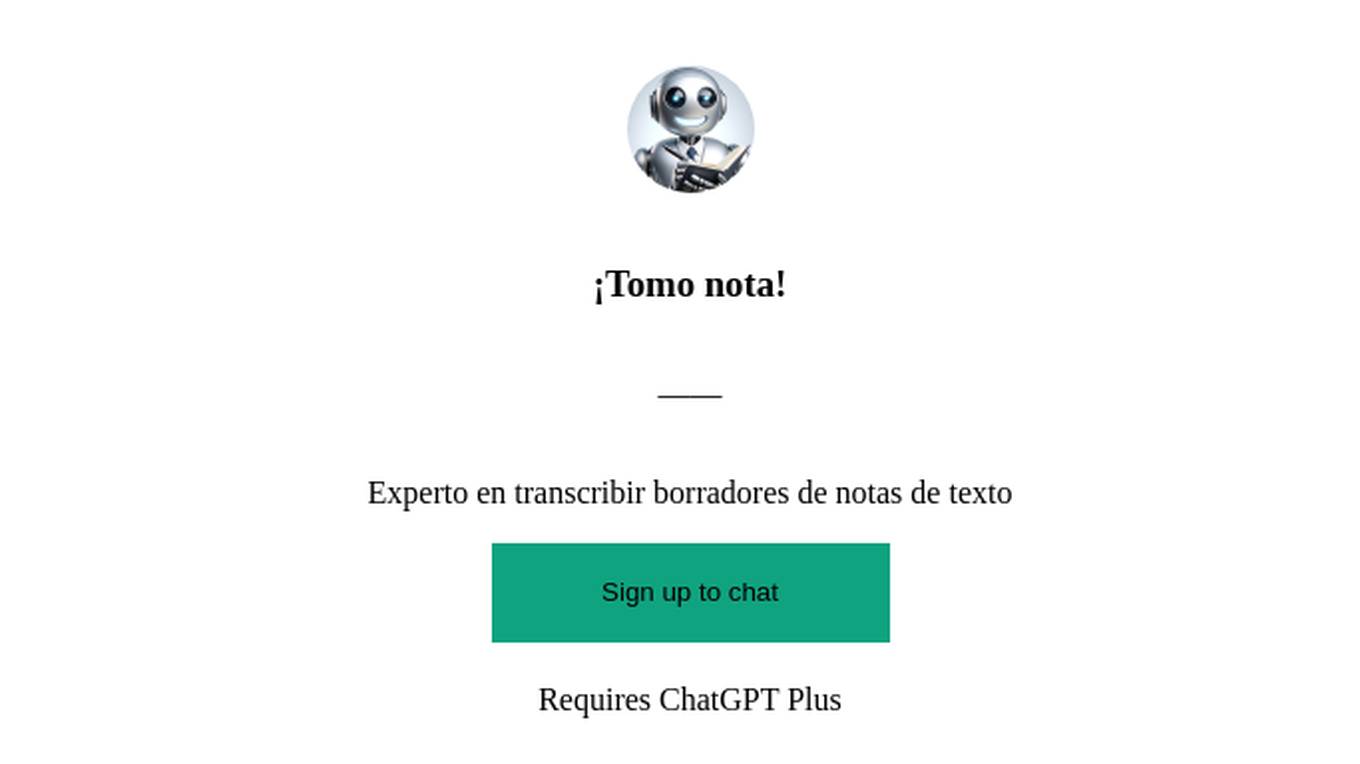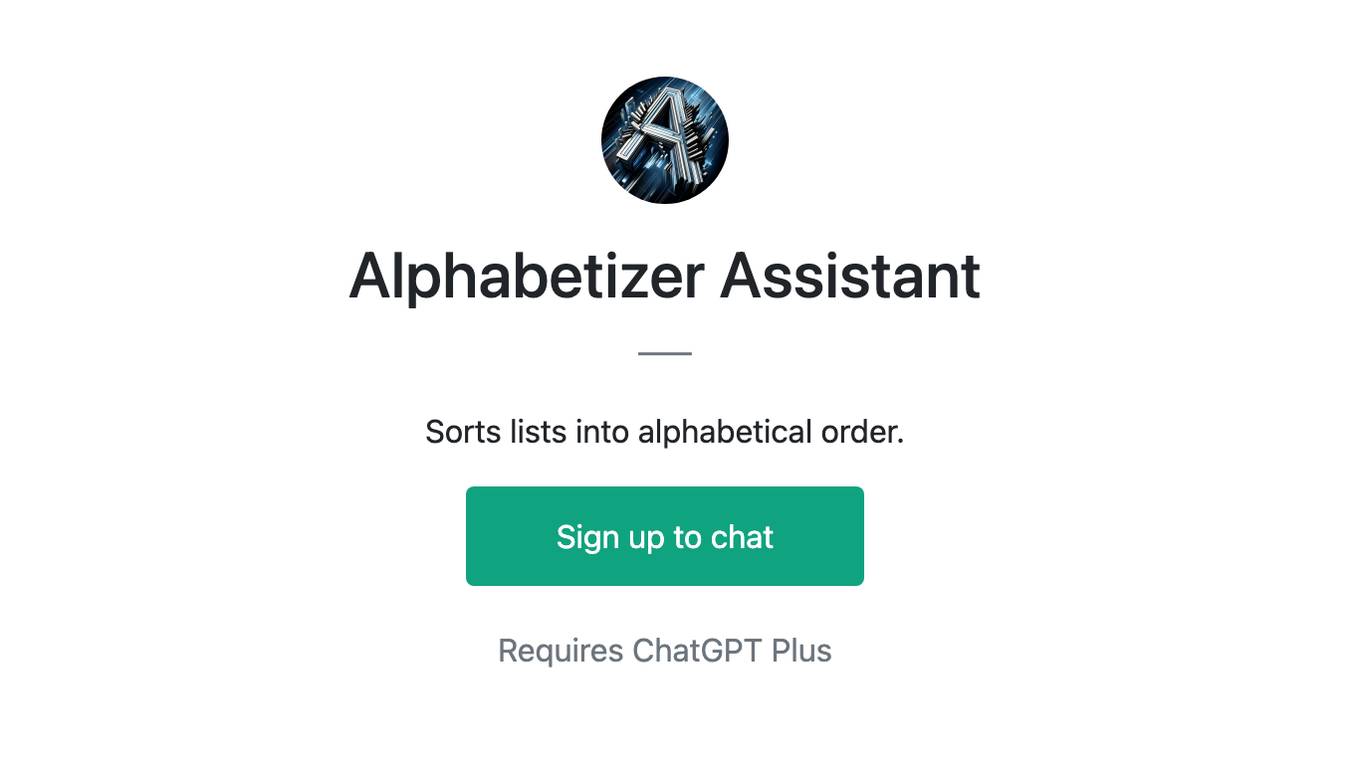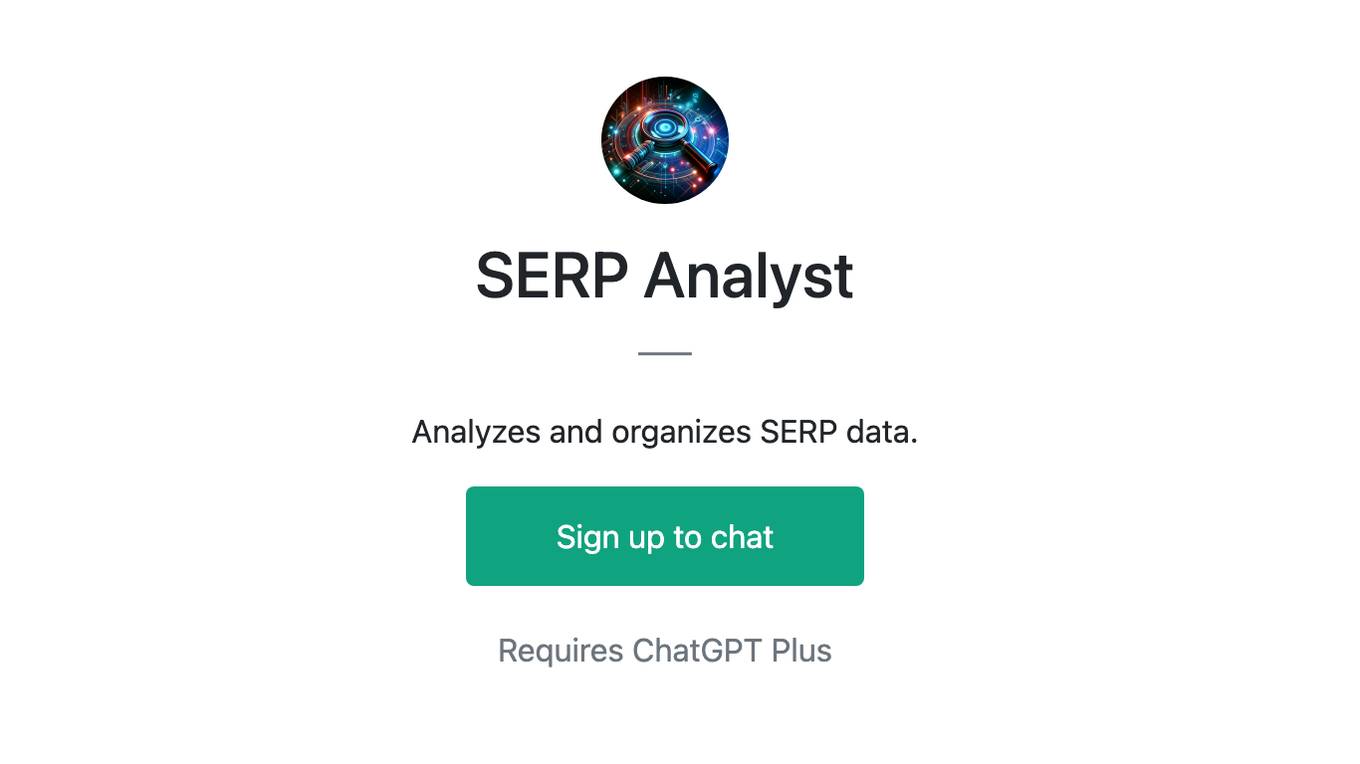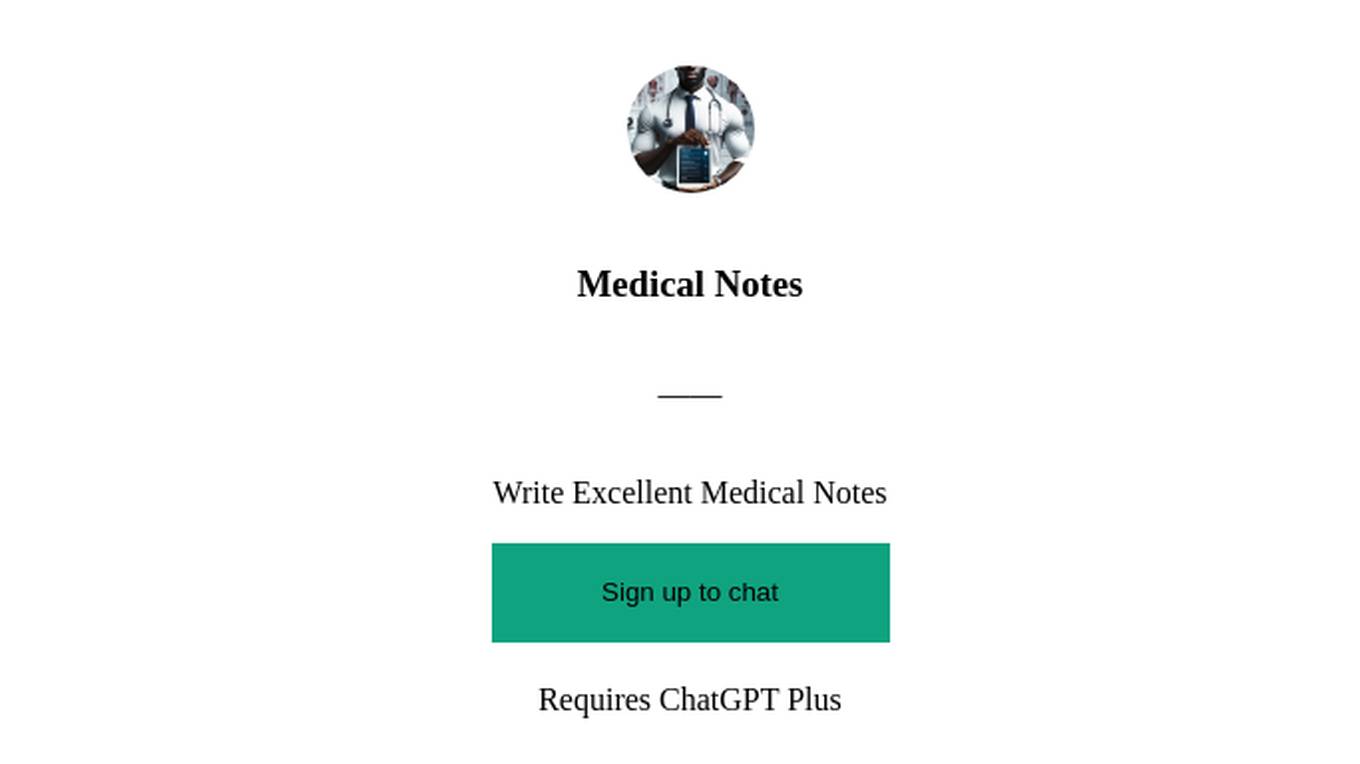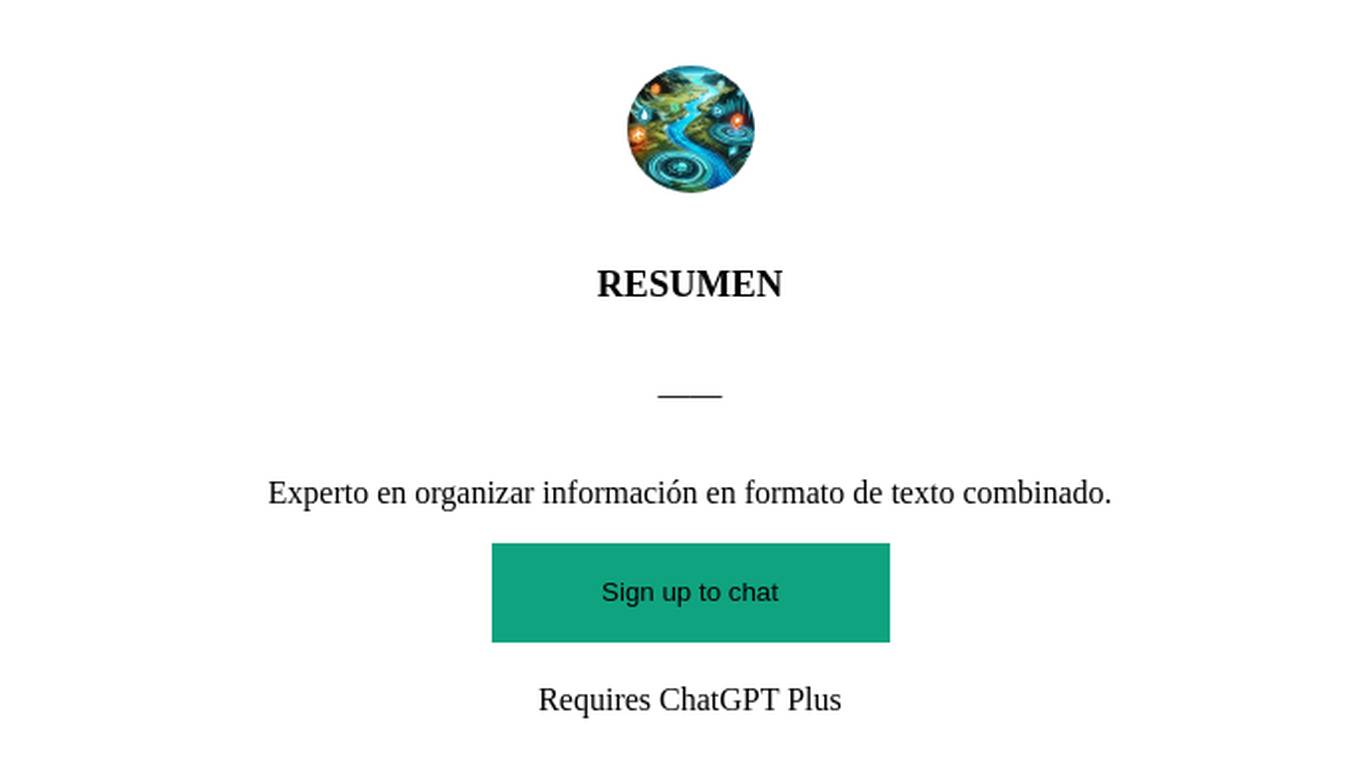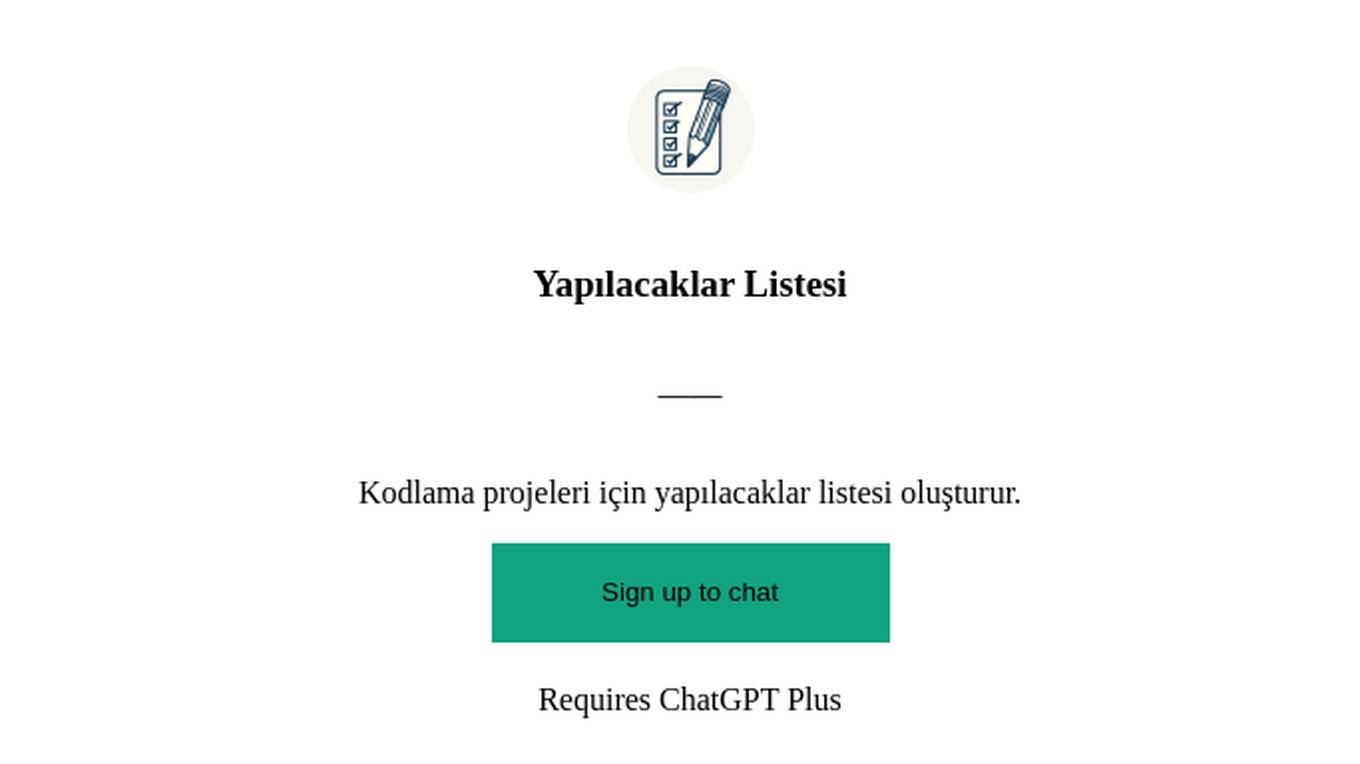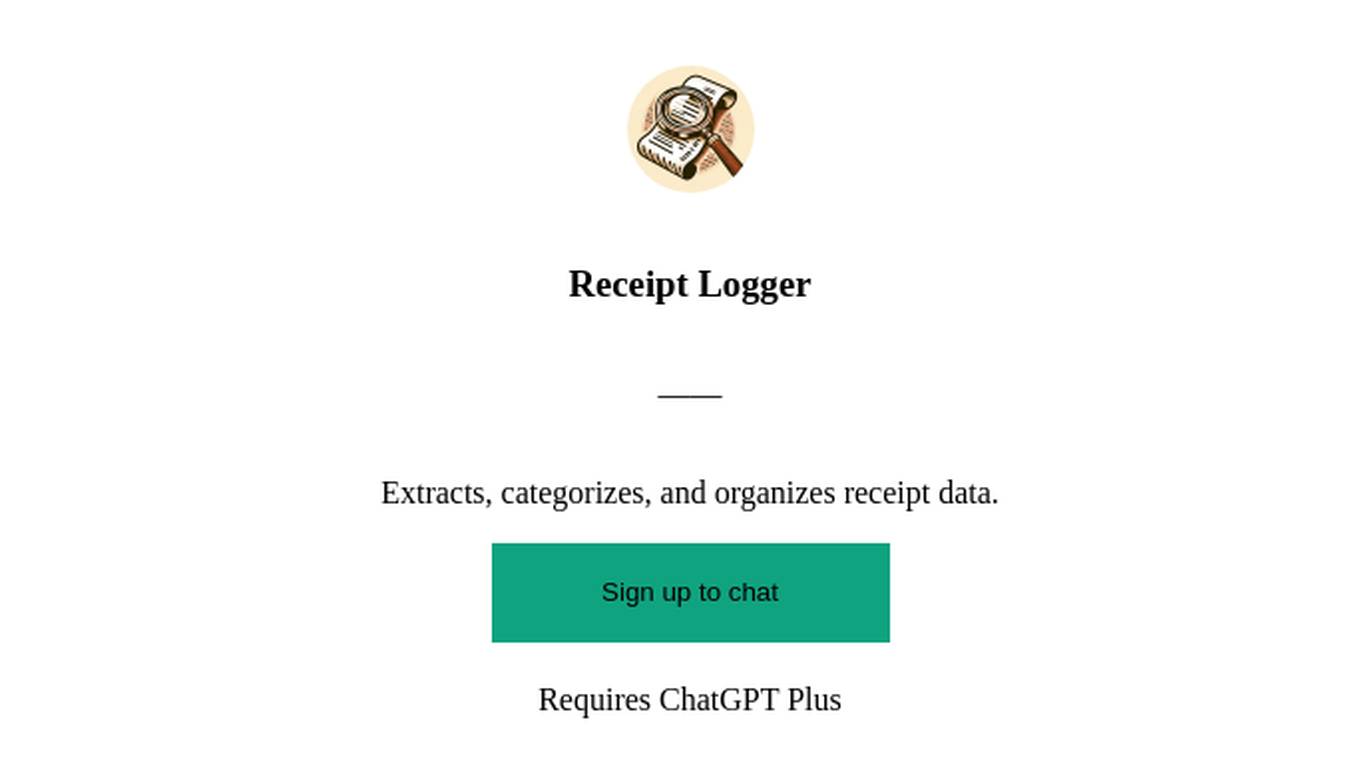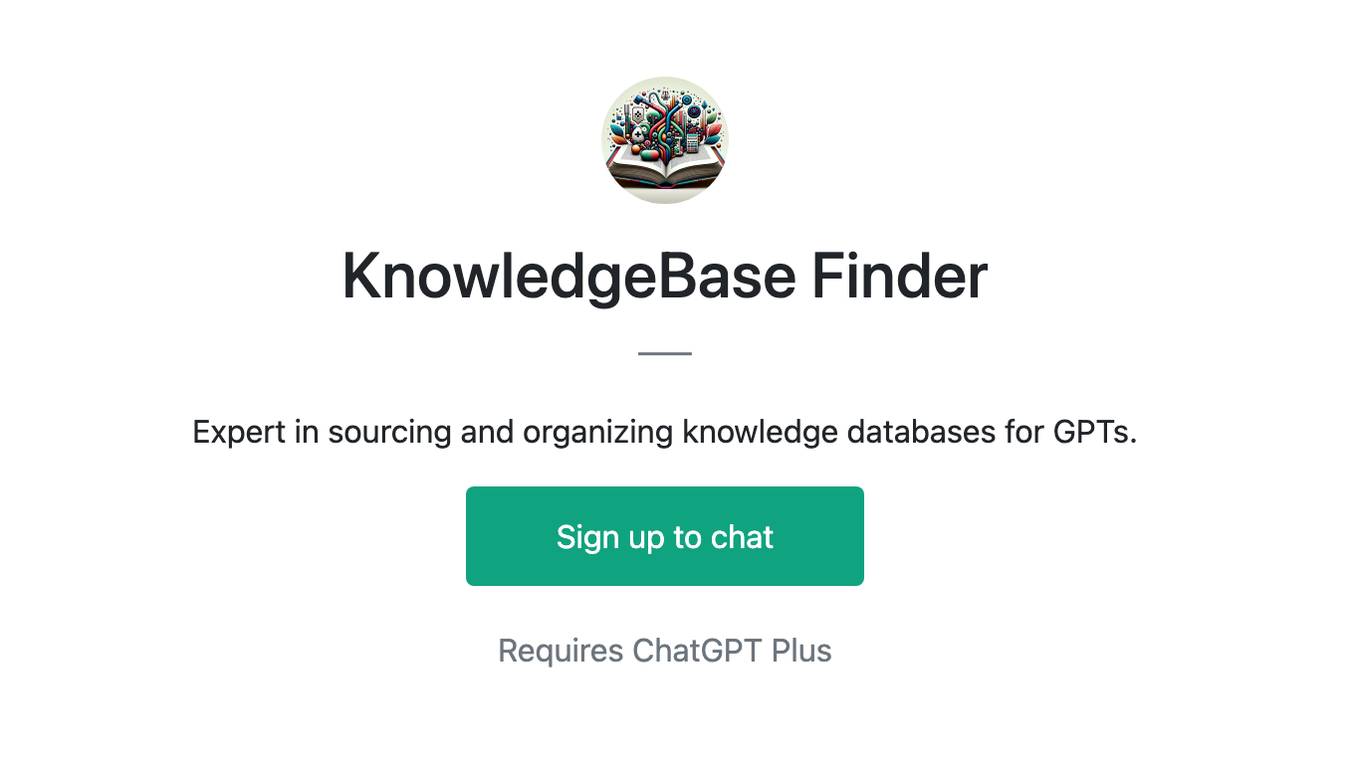Best AI tools for< Organize Data >
15 - AI tool Sites
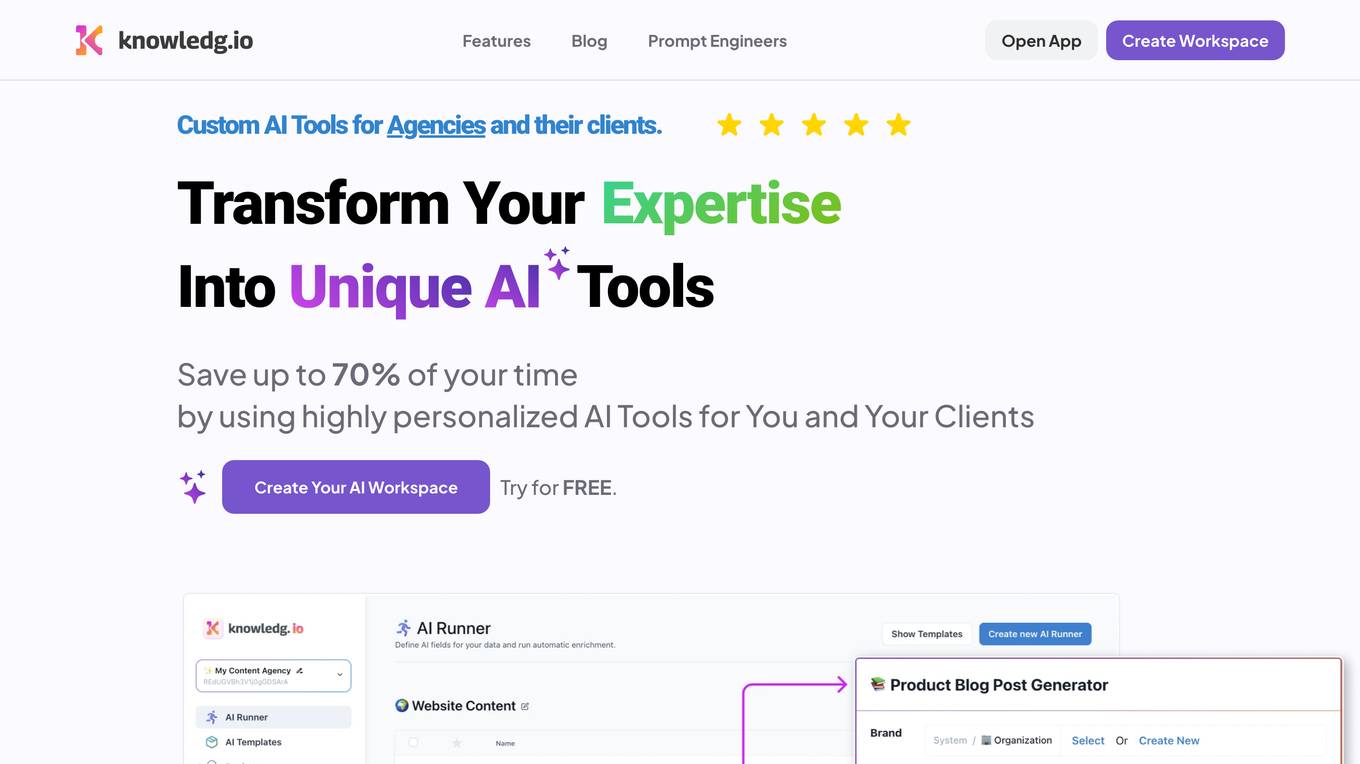
Knowledgio
Knowledgio is a no-code solution for building personalized AI tools, designed for agencies and individuals looking to transform their expertise into unique AI applications. The platform allows users to create their AI workspace, upload knowledge without coding, organize data into entities, and share and monetize AI tools easily. With a focus on user-friendly interface and dedicated support, Knowledgio aims to simplify the process of building AI tools and help users scale their services efficiently.

History Timelines
The website offers a platform for creating history timelines. Users can easily create and view historical timelines on various topics. The site allows users to add events, dates, and descriptions to build comprehensive timelines. It provides a user-friendly interface for organizing historical information in a structured manner.
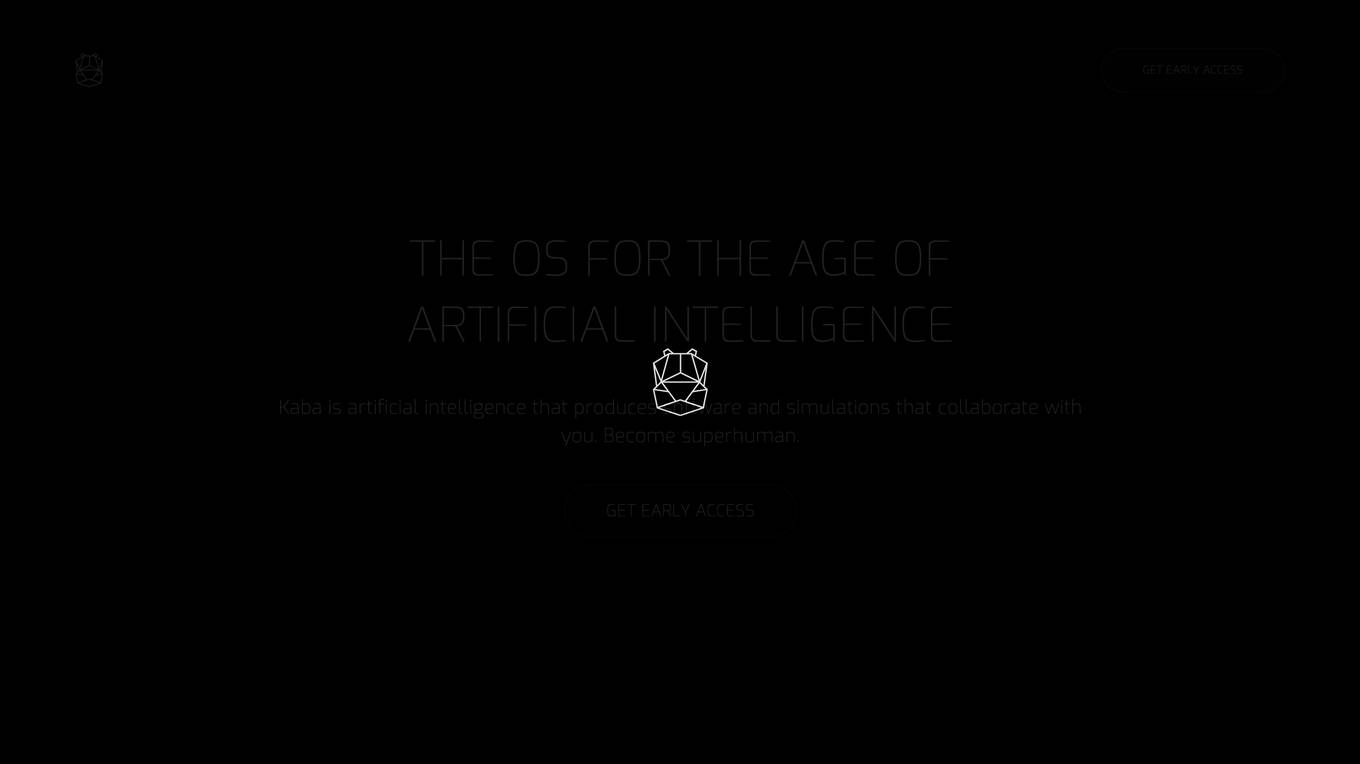
Kaba.ai
Kaba.ai is an open-source context engine and model facilitator that helps users create turnkey personal knowledge graphs in a verifiable, private, and secure manner. It allows users to manage their digital memories using zero-copy training, providing infinite context across networks and computers. Kaba.ai enables users to grow their graphs and build personalized experiences in productivity, shopping, research, entertainment, and more. The application emphasizes real product usage over marketing lies, ensuring data ownership and privacy. With multi-modal, multi-input, and multi-context capabilities, Kaba.ai aims to enhance user experiences and make them superhuman.
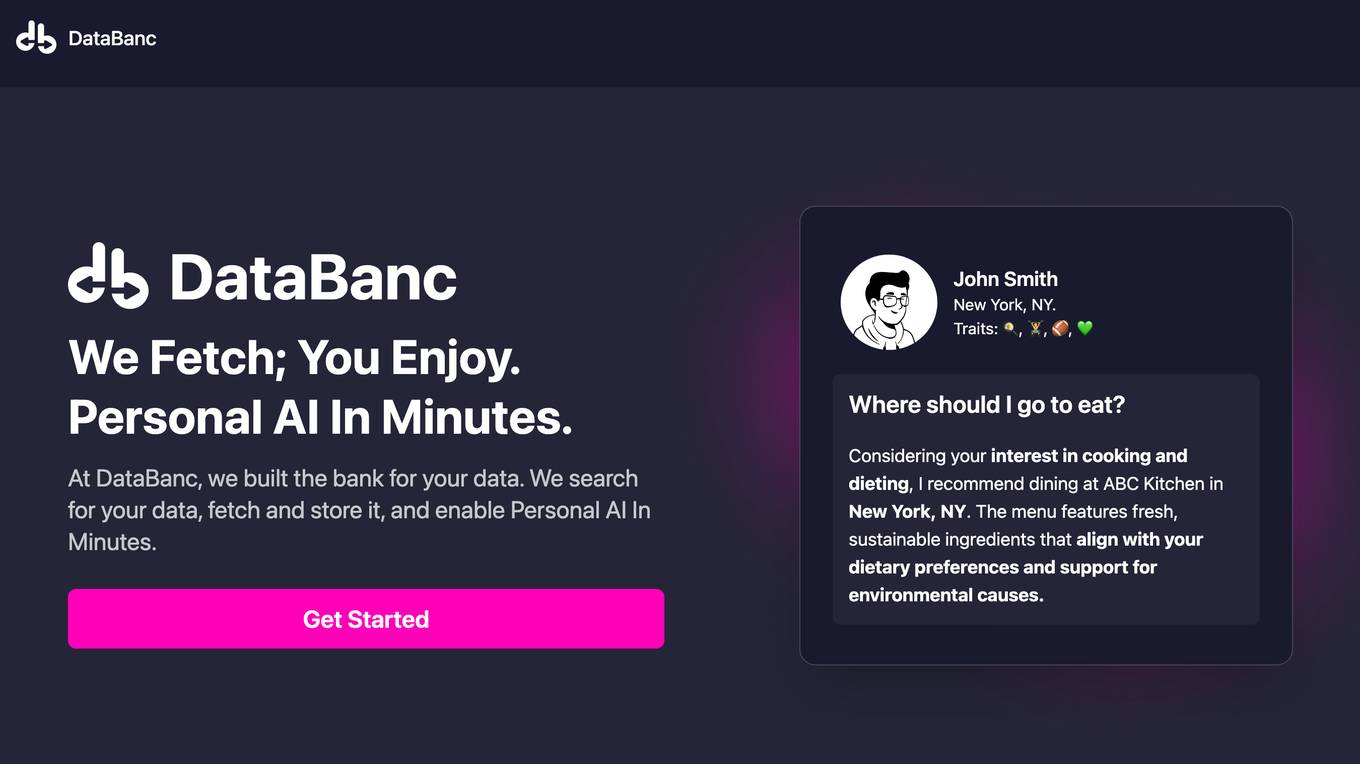
DataBanc
DataBanc is an AI-powered platform that serves as a data bank, allowing users to retrieve, store, and utilize their personal data for personalized experiences. It empowers individuals to take control of their data, enabling them to access insights and recommendations tailored to their preferences. DataBanc aims to revolutionize the way people interact with their data, offering a secure and user-friendly solution for managing personal information in the digital age.
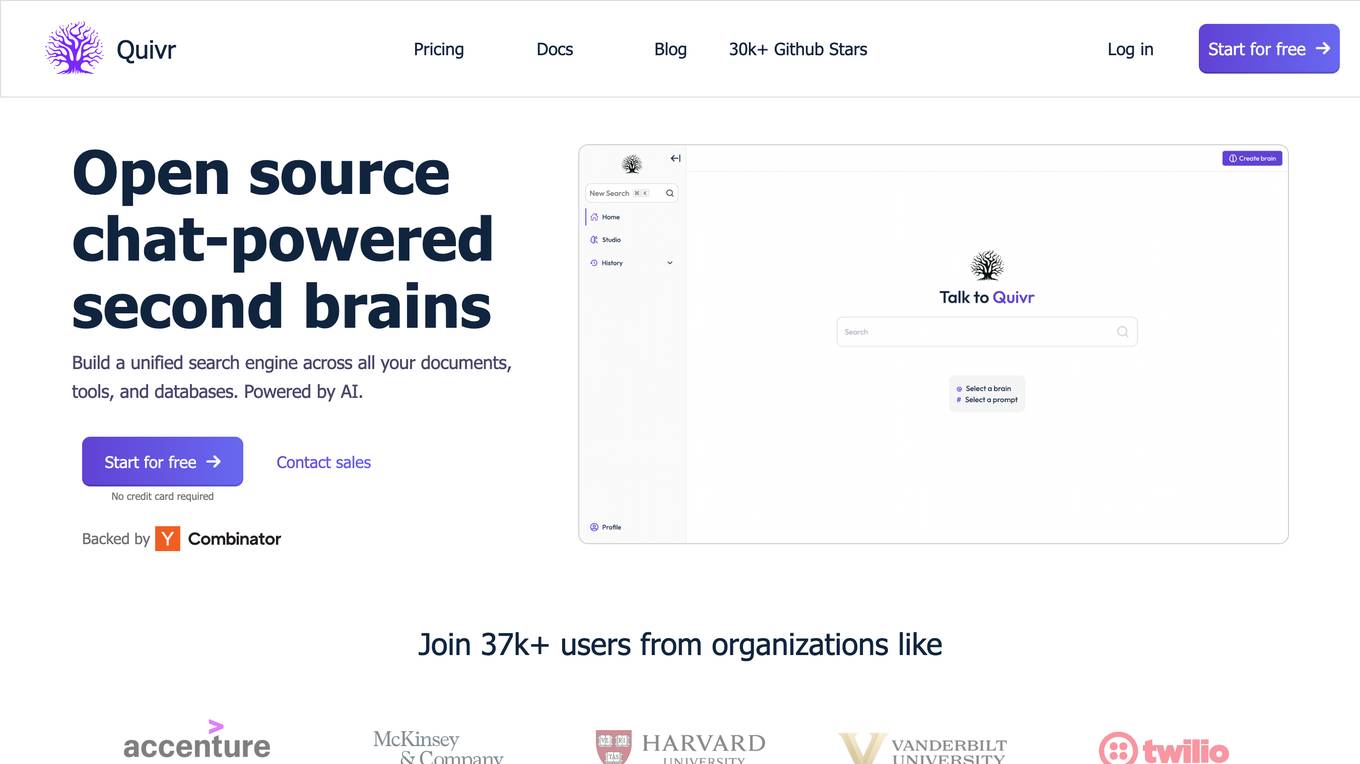
Quivr
Quivr is an open-source chat-powered second brain application that transforms private and enterprise knowledge into a personal AI assistant. It continuously learns and improves at every interaction, offering AI-powered workplace search synced with user data. Quivr allows users to connect with their favorite tools, databases, and applications, and configure their 'second brain' to train on their company's unique context for improved search relevance and knowledge discovery.
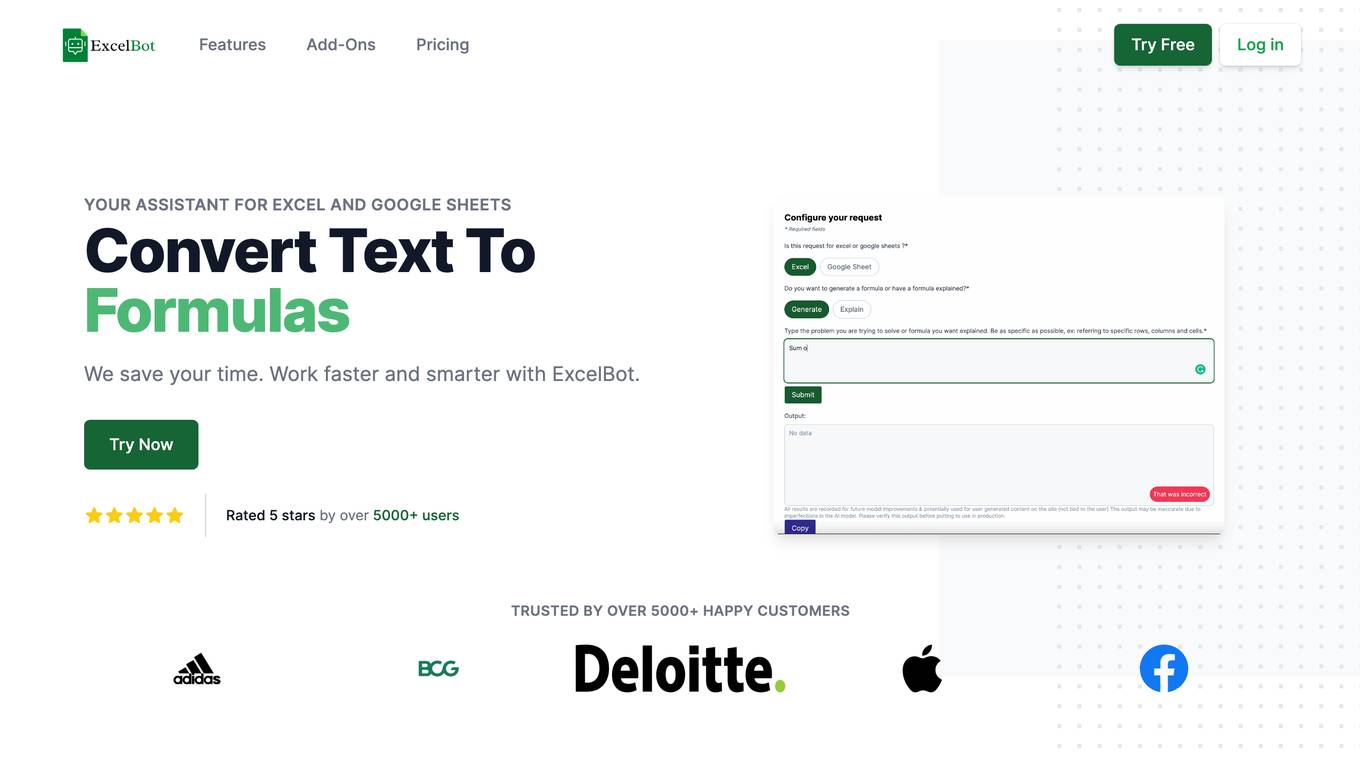
Excel Bot
Excel Bot is an AI assistant designed to help users work more efficiently with Excel and Google Sheets. It offers features such as converting formulas to text, saving time, and providing personalized assistance. Trusted by over 5000 happy customers, Excel Bot is a reliable tool for automating tasks and improving productivity in various business sectors. With Zigment AI technology at its core, Excel Bot ensures accuracy and effectiveness in handling data-related tasks.
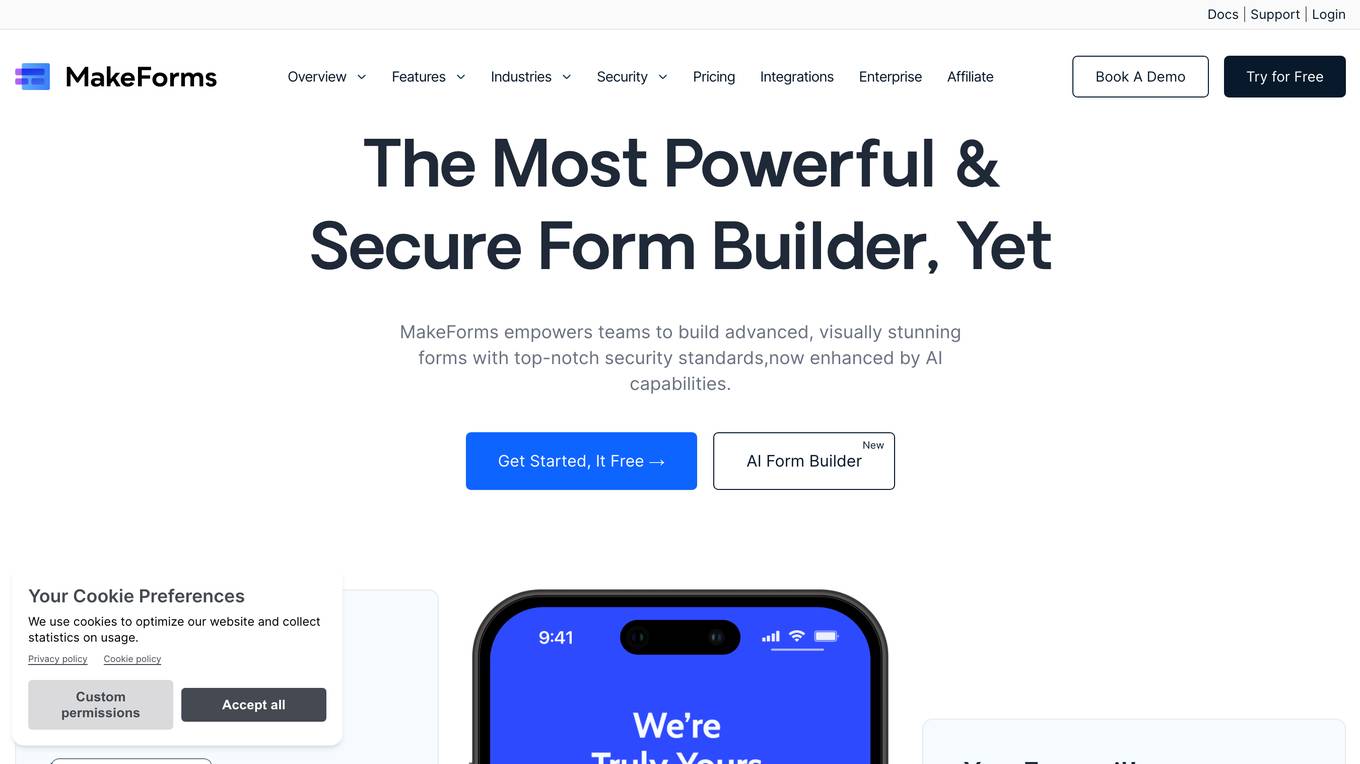
MakeForms
MakeForms is a powerful and secure form builder that empowers teams to create advanced, visually stunning forms with top-notch security standards, now enhanced by AI capabilities. With MakeForms, you can create one-at-a-time, step forms, or all-at-once forms with ease using our user-friendly interface and intuitive design. You can also customize your forms with your own fonts and branding, and even publish them on your own domain, giving you complete control over your form's appearance and online presence. MakeForms also offers a variety of features to help you collect and organize your data, including a table view, summary view, and BI view. With MakeForms, you can be sure that your forms are secure and your data is protected.
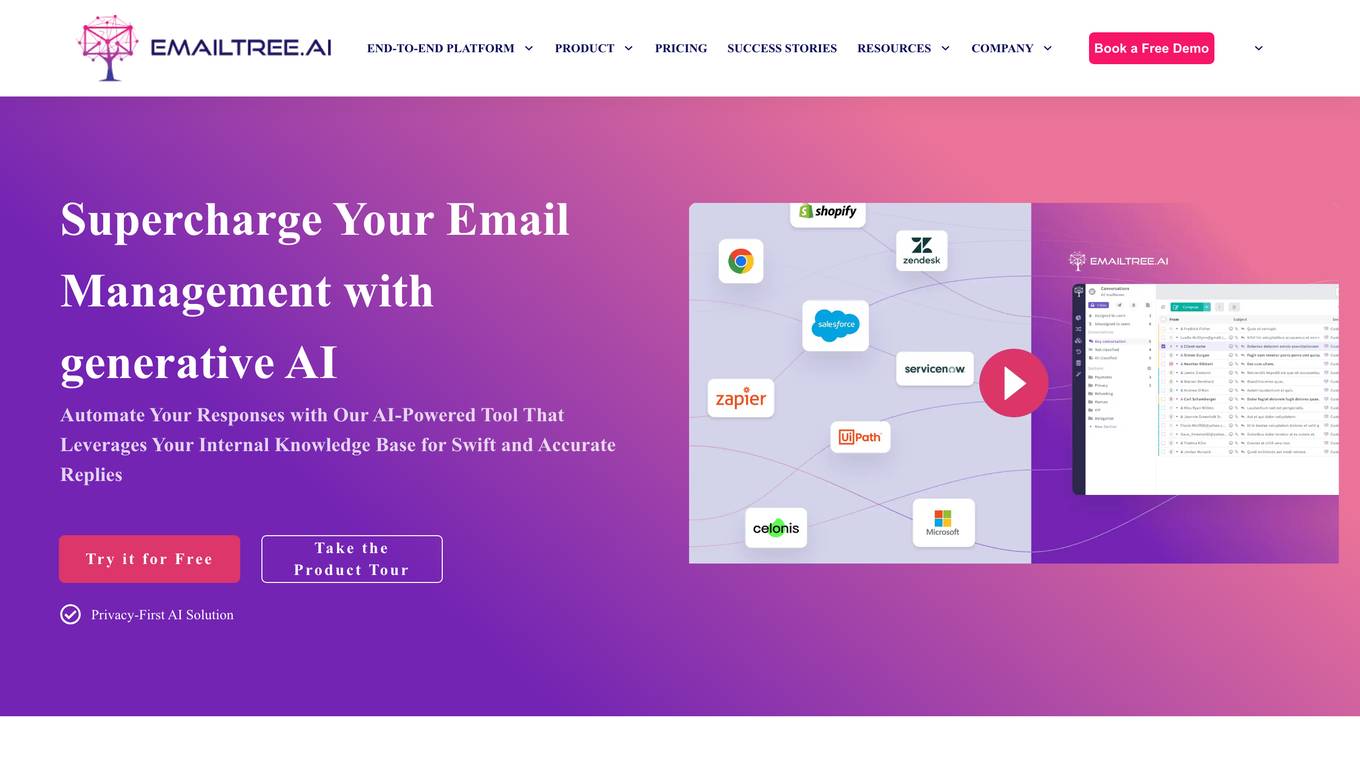
EmailTree
EmailTree is an AI-powered email management platform that helps businesses automate their email responses, prioritize and organize tickets, and quickly integrate their data. With EmailTree, businesses can improve their customer experience, reduce their first response rate, and drive more revenue.
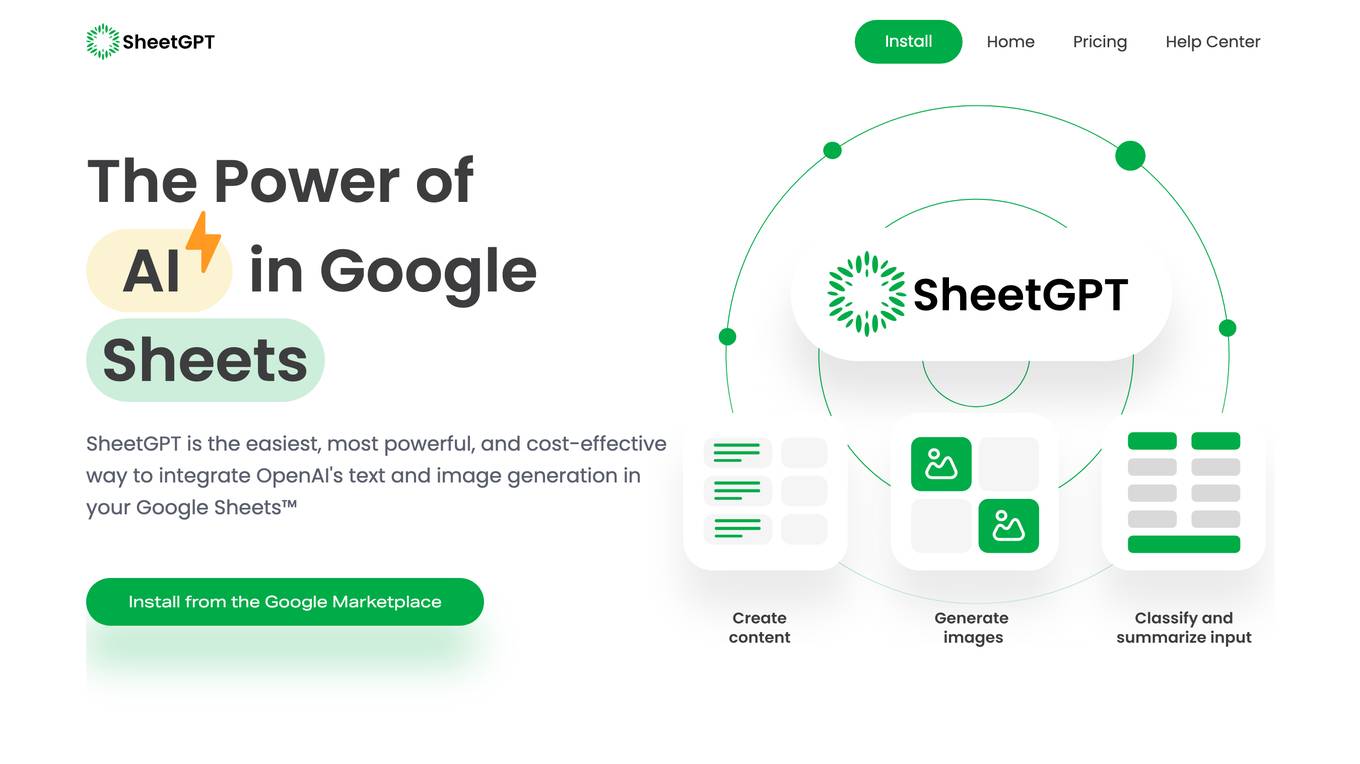
SheetGPT
SheetGPT is an add-on for Google Sheets that allows users to integrate OpenAI's text and image generation capabilities into their spreadsheets. It is designed to be easy to use, with no API keys required, and offers a range of features including content creation, research and organization, summarization, and prototyping. SheetGPT is suitable for a variety of users, including content creators, digital marketing managers, researchers, and product managers.
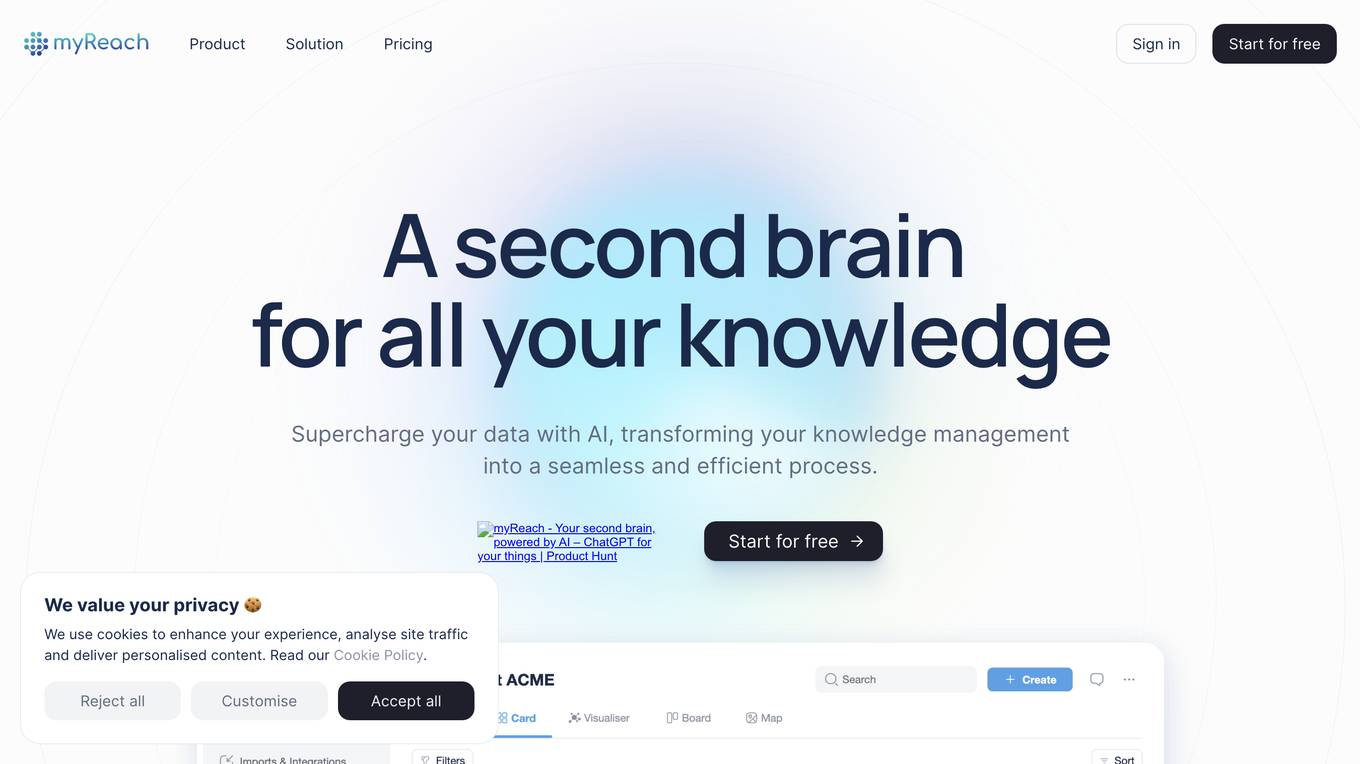
myReach
myReach is an AI-powered knowledge management tool that helps you find new worth in your data. It uses AI to connect your knowledge and build a powerful network. You can use myReach to save everything in one place, automate with AI, chat with your knowledge, interconnect your data, and deploy everywhere. myReach is ISO/IEC 27001 certified and uses TLS 1.3 encryption and AES-256 bit encryption to protect your data.

CategorAIze.io
CategorAIze.io is an AI-powered tool that helps users categorize data effortlessly using the latest AI technologies. Users can define custom categories, upload data items, and let the cutting-edge LLM AI automatically assign entries based on their content without the need for pretraining. The tool supports multi-level hierarchies, text and image-based categorization, and offers pay-as-you-go pricing options. Additionally, users can access the tool via browser, API, and plugins for a seamless experience.
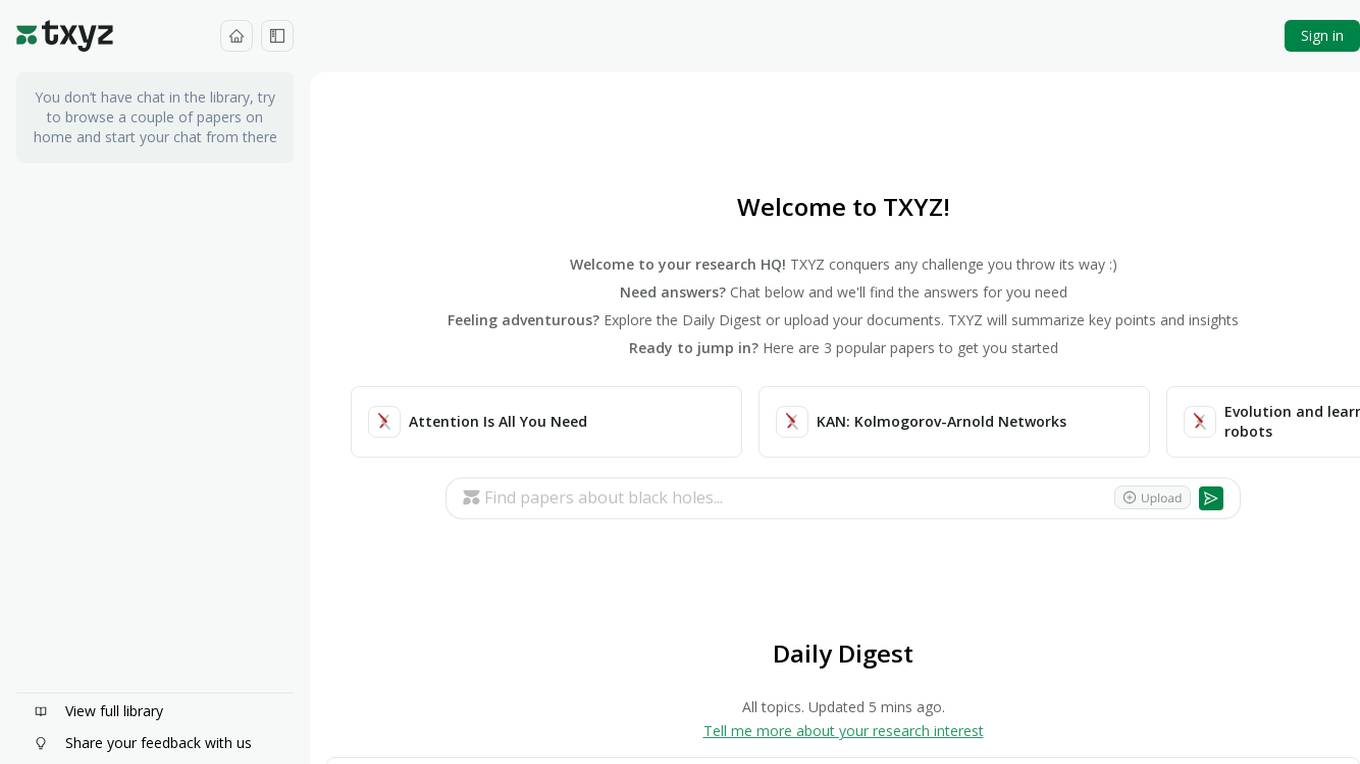
txyz.ai
txyz.ai is an AI-powered platform that aims to integrate all paths to knowledge. It leverages artificial intelligence algorithms to provide users with a comprehensive and efficient way to access and organize information. The platform offers a user-friendly interface that allows individuals to streamline their research process, gather insights, and make data-driven decisions. With txyz.ai, users can explore diverse sources of information, extract valuable insights, and stay updated on the latest trends in their field of interest.
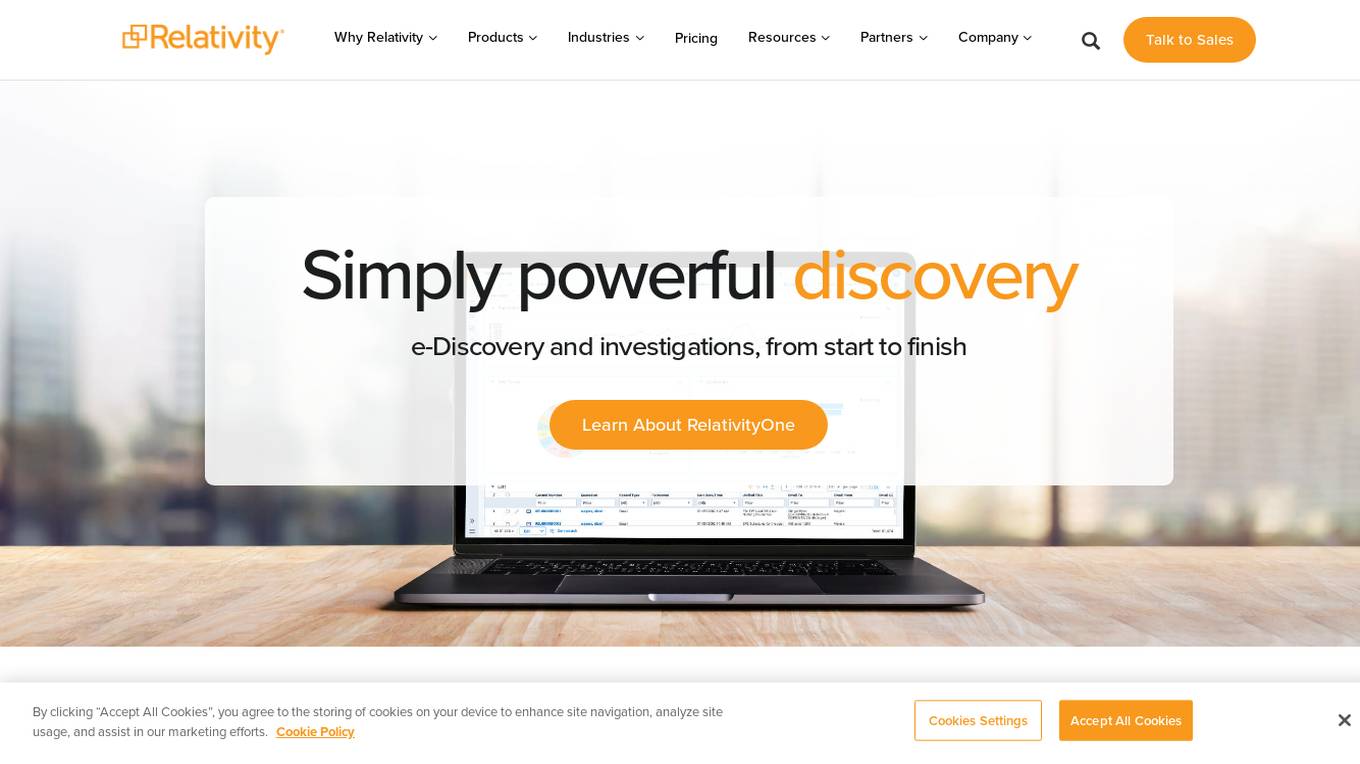
Relativity
Relativity is an AI-powered eDiscovery and legal search software solution that helps customers organize data, discover truth, and act on it. It offers a range of features such as proactive security, user experience enhancements, open platform for customization, legendary support, and AI-powered review tools. Relativity is trusted by thousands of organizations to handle sensitive data and streamline data discovery processes.

PoweredbyAI
PoweredbyAI is a platform offering a variety of free AI tools for users to utilize. Users can access a range of AI-powered applications to assist with various tasks and projects. The platform aims to simplify the use of AI technology for individuals and businesses, providing easy access to tools that can enhance productivity and efficiency. With a user-friendly interface, PoweredbyAI caters to both beginners and advanced users looking to leverage AI capabilities in their work.
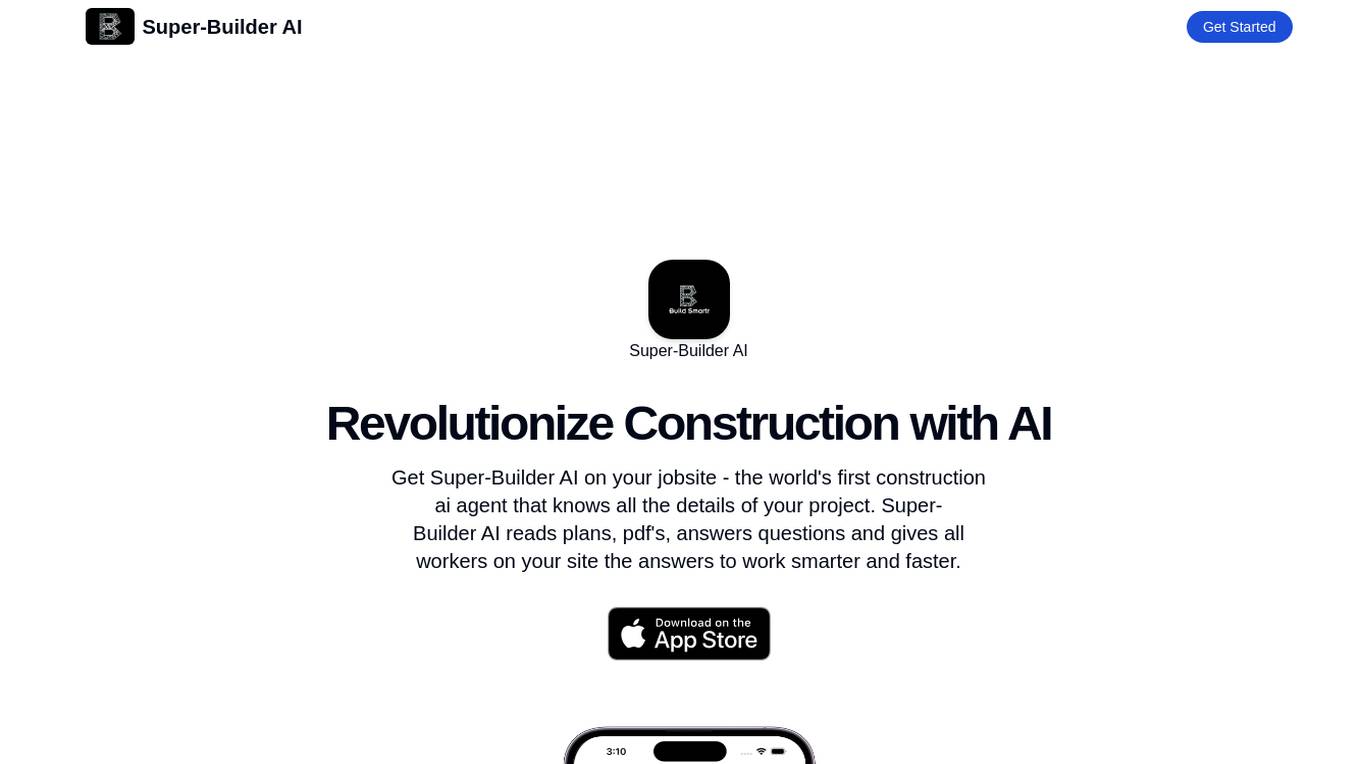
Super-Builder AI
Super-Builder AI is a revolutionary AI application designed to transform the construction industry. It serves as a construction AI agent that comprehensively understands project details, reads plans and PDFs, provides answers to queries, and enhances productivity on job sites. The app utilizes a construction-specific AI model to learn project specifics, organize data, offer intelligent search capabilities, and facilitate 24/7 collaboration among team members and tradespeople.
7 - Open Source AI Tools

lollms-webui
LoLLMs WebUI (Lord of Large Language Multimodal Systems: One tool to rule them all) is a user-friendly interface to access and utilize various LLM (Large Language Models) and other AI models for a wide range of tasks. With over 500 AI expert conditionings across diverse domains and more than 2500 fine tuned models over multiple domains, LoLLMs WebUI provides an immediate resource for any problem, from car repair to coding assistance, legal matters, medical diagnosis, entertainment, and more. The easy-to-use UI with light and dark mode options, integration with GitHub repository, support for different personalities, and features like thumb up/down rating, copy, edit, and remove messages, local database storage, search, export, and delete multiple discussions, make LoLLMs WebUI a powerful and versatile tool.
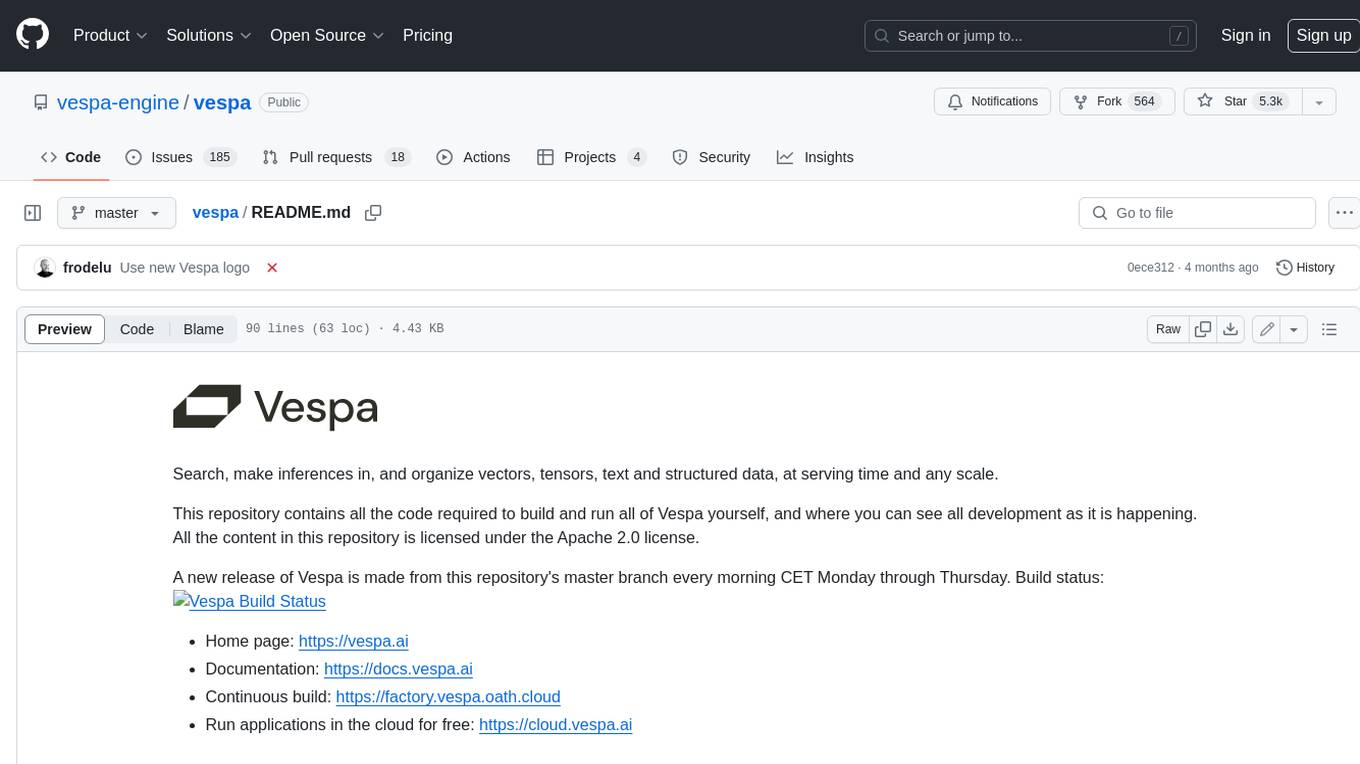
vespa
Vespa is a platform that performs operations such as selecting a subset of data in a large corpus, evaluating machine-learned models over the selected data, organizing and aggregating it, and returning it, typically in less than 100 milliseconds, all while the data corpus is continuously changing. It has been in development for many years and is used on a number of large internet services and apps which serve hundreds of thousands of queries from Vespa per second.

databerry
Chaindesk is a no-code platform that allows users to easily set up a semantic search system for personal data without technical knowledge. It supports loading data from various sources such as raw text, web pages, files (Word, Excel, PowerPoint, PDF, Markdown, Plain Text), and upcoming support for web sites, Notion, and Airtable. The platform offers a user-friendly interface for managing datastores, querying data via a secure API endpoint, and auto-generating ChatGPT Plugins for each datastore. Chaindesk utilizes a Vector Database (Qdrant), Openai's text-embedding-ada-002 for embeddings, and has a chunk size of 1024 tokens. The technology stack includes Next.js, Joy UI, LangchainJS, PostgreSQL, Prisma, and Qdrant, inspired by the ChatGPT Retrieval Plugin.
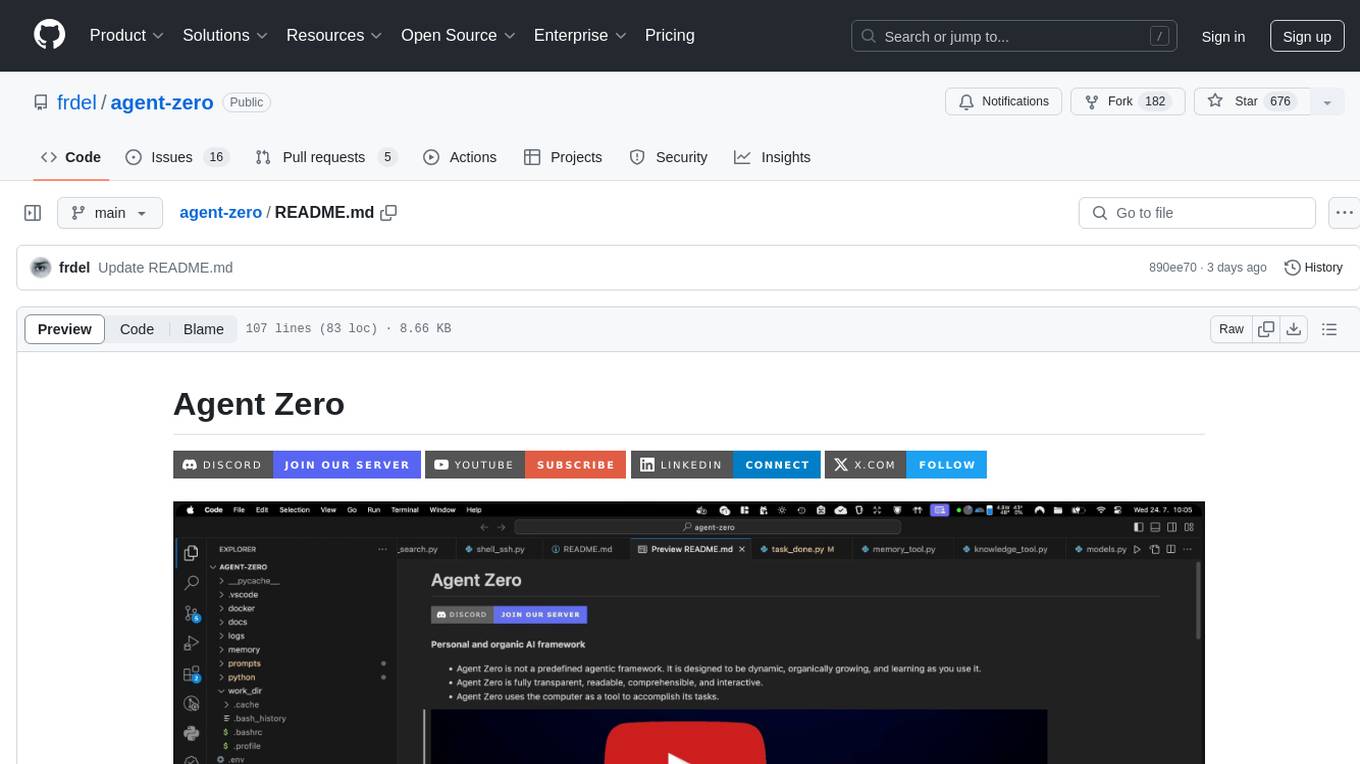
agent-zero
Agent Zero is a personal and organic AI framework designed to be dynamic, organically growing, and learning as you use it. It is fully transparent, readable, comprehensible, customizable, and interactive. The framework uses the computer as a tool to accomplish tasks, with no single-purpose tools pre-programmed. It emphasizes multi-agent cooperation, complete customization, and extensibility. Communication is key in this framework, allowing users to give proper system prompts and instructions to achieve desired outcomes. Agent Zero is capable of dangerous actions and should be run in an isolated environment. The framework is prompt-based, highly customizable, and requires a specific environment to run effectively.
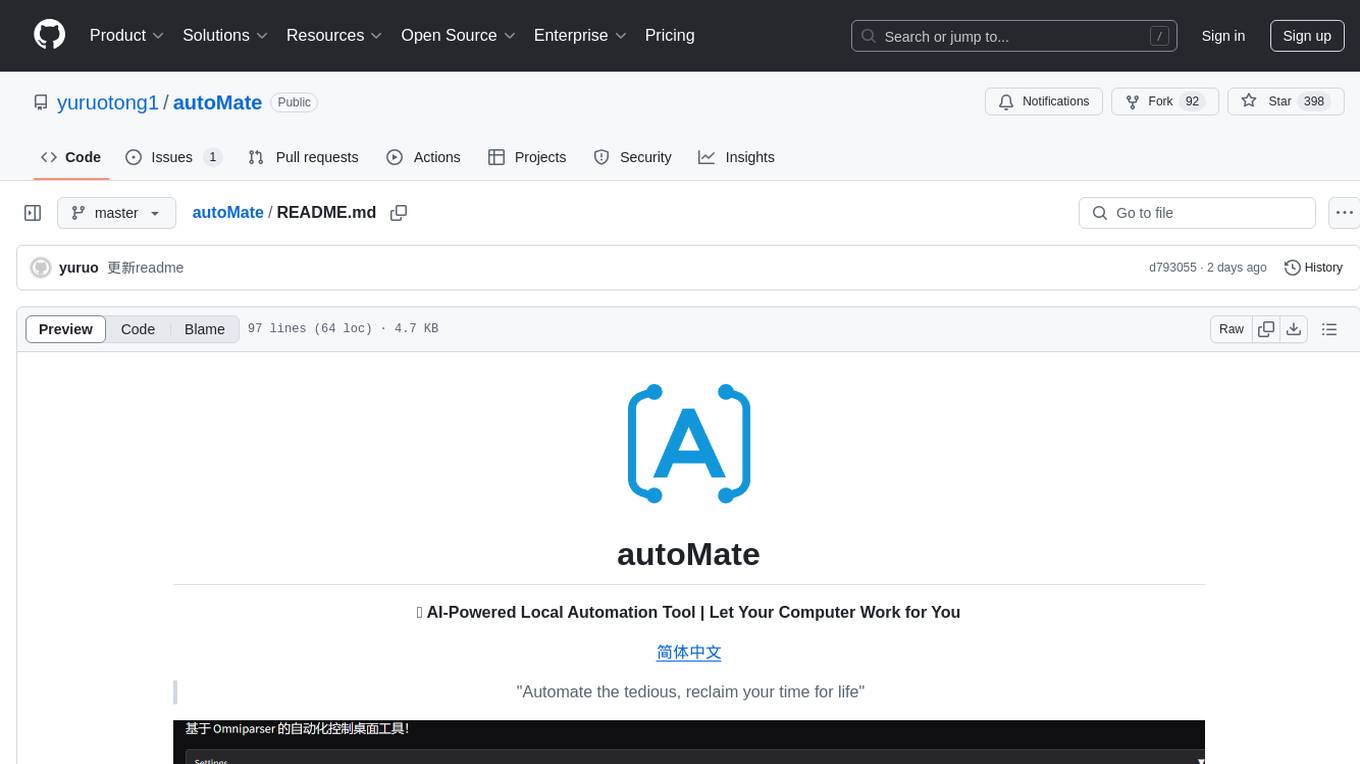
autoMate
autoMate is an AI-powered local automation tool designed to help users automate repetitive tasks and reclaim their time. It leverages AI and RPA technology to operate computer interfaces, understand screen content, make autonomous decisions, and support local deployment for data security. With natural language task descriptions, users can easily automate complex workflows without the need for programming knowledge. The tool aims to transform work by freeing users from mundane activities and allowing them to focus on tasks that truly create value, enhancing efficiency and liberating creativity.
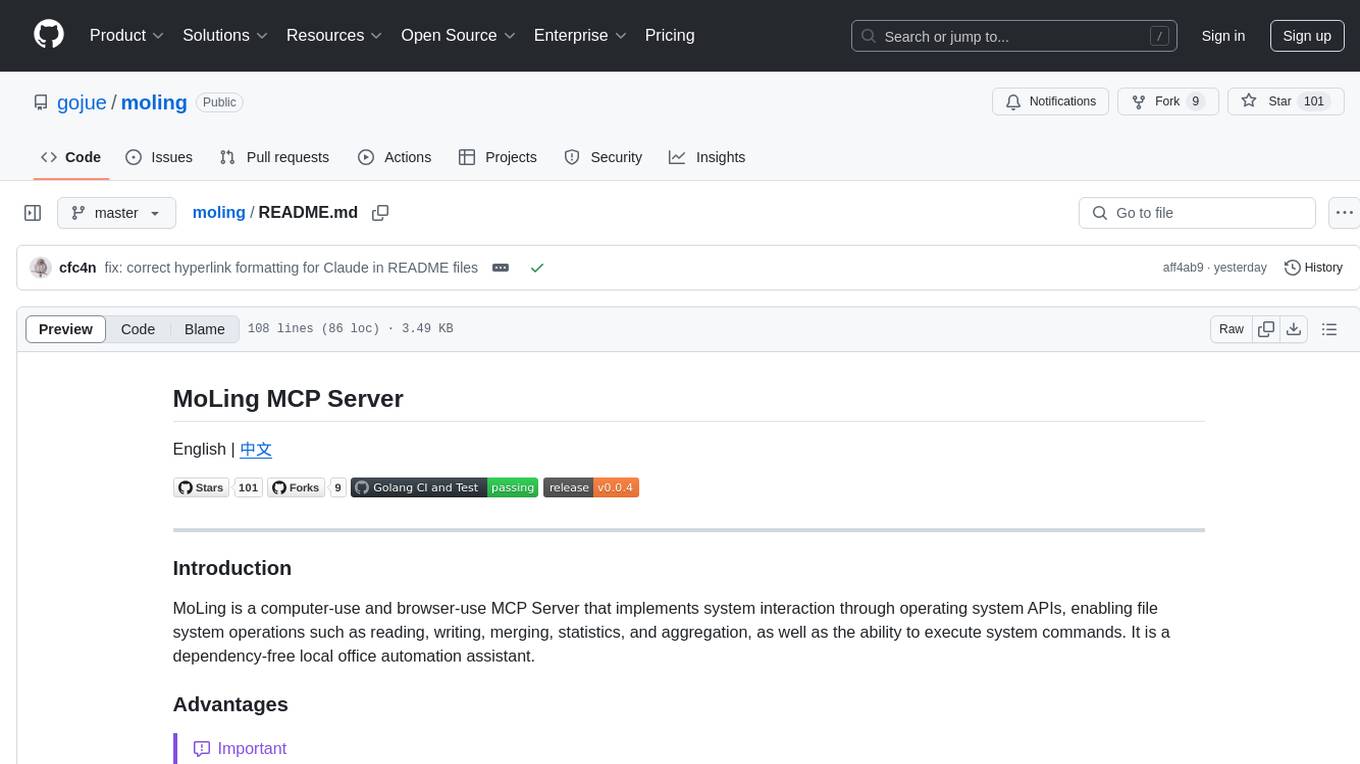
moling
MoLing is a computer-use and browser-use MCP Server that implements system interaction through operating system APIs, enabling file system operations such as reading, writing, merging, statistics, and aggregation, as well as the ability to execute system commands. It is a dependency-free local office automation assistant. Requiring no installation of any dependencies, MoLing can be run directly and is compatible with multiple operating systems, including Windows, Linux, and macOS. This eliminates the hassle of dealing with environment conflicts involving Node.js, Python, Docker, and other development environments. Command-line operations are dangerous and should be used with caution. MoLing supports features like file system operations, command-line terminal execution, browser control powered by 'github.com/chromedp/chromedp', and future plans for personal PC data organization, document writing assistance, schedule planning, and life assistant features. MoLing has been tested on macOS but may have issues on other operating systems.

Revornix
Revornix is an information management tool designed for the AI era. It allows users to conveniently integrate all visible information and generates comprehensive reports at specific times. The tool offers cross-platform availability, all-in-one content aggregation, document transformation & vectorized storage, native multi-tenancy, localization & open-source features, smart assistant & built-in MCP, seamless LLM integration, and multilingual & responsive experience for users.
20 - OpenAI Gpts
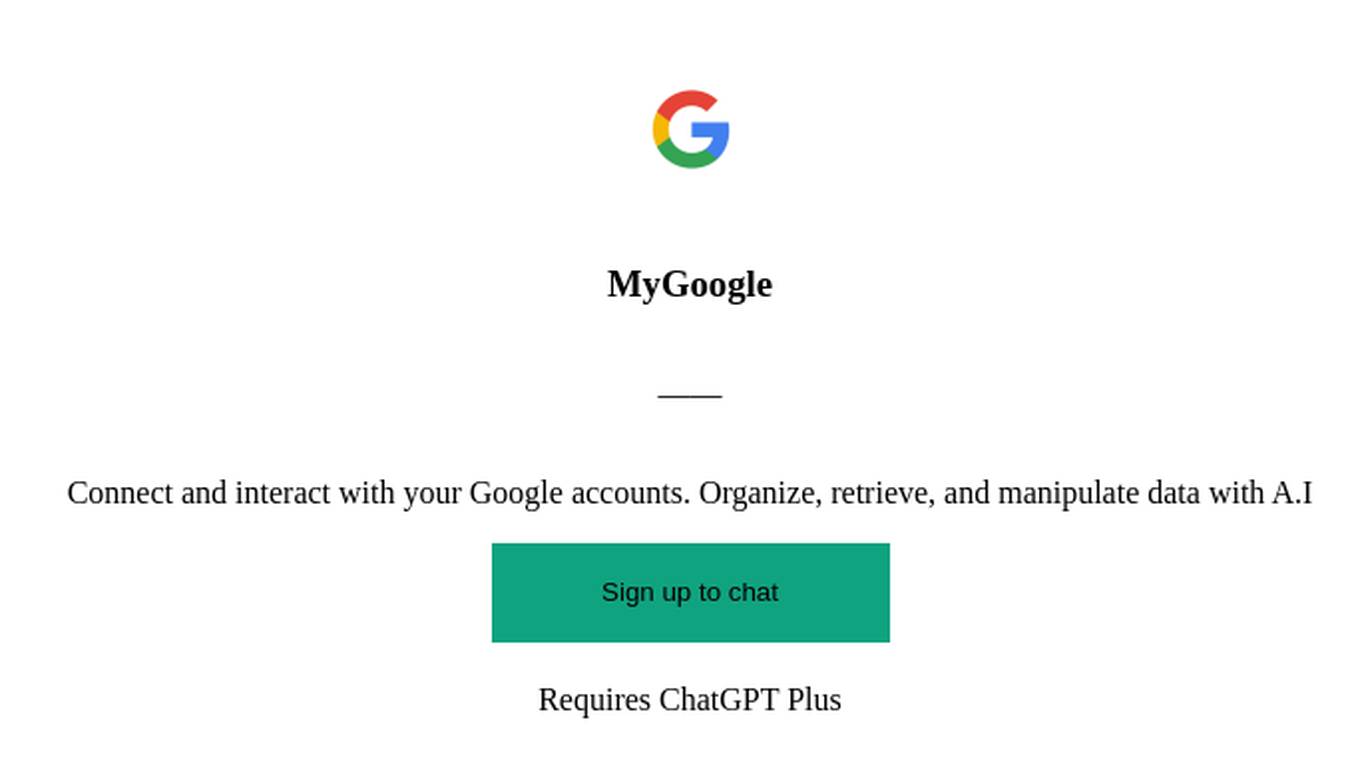
MyGoogle
Connect and interact with your Google accounts. Organize, retrieve, and manipulate data with A.I
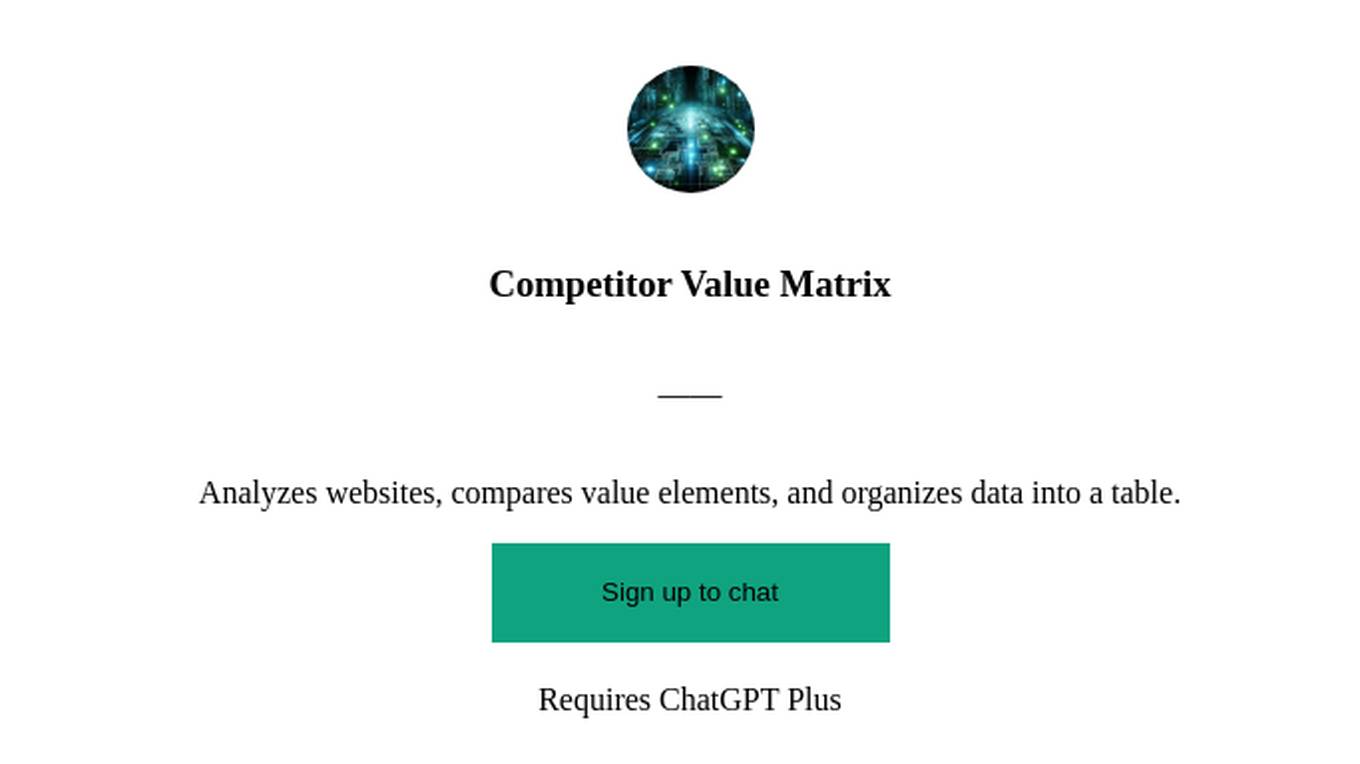
Competitor Value Matrix
Analyzes websites, compares value elements, and organizes data into a table.
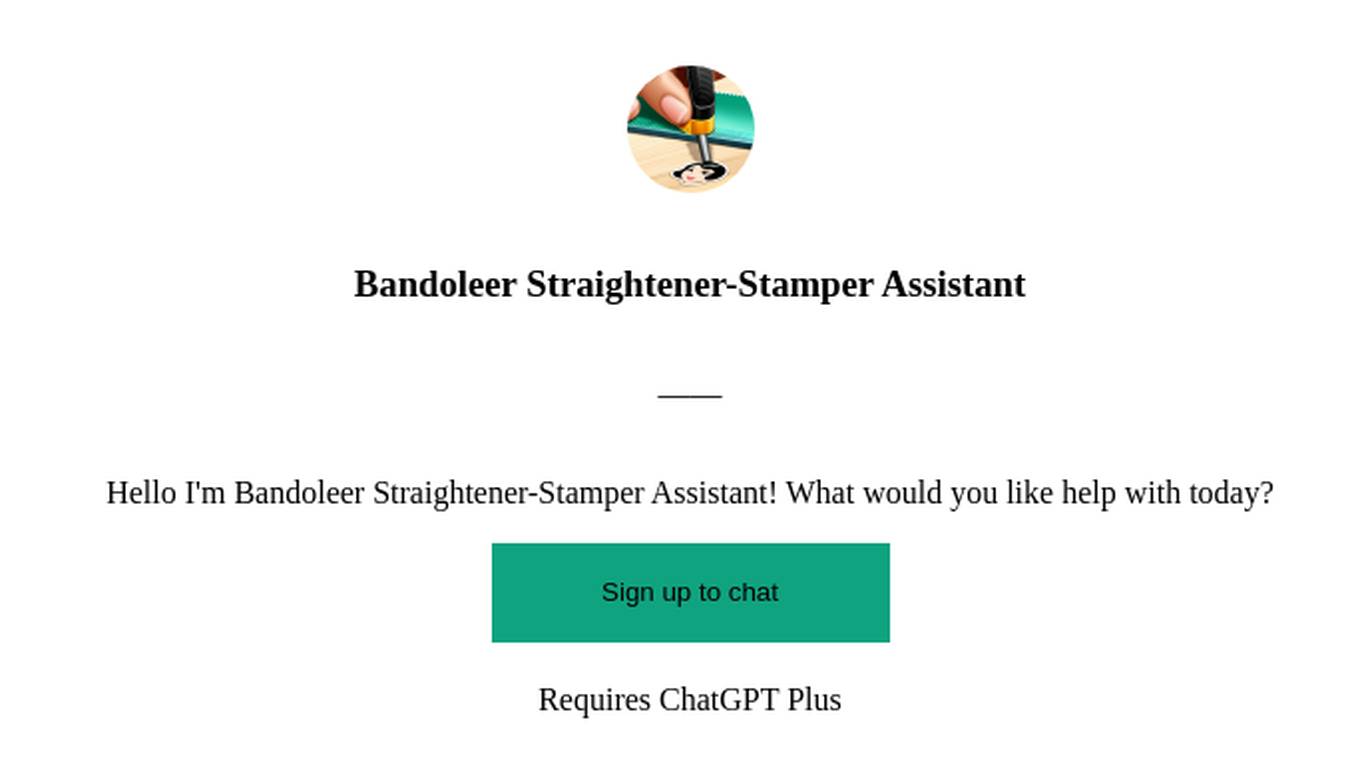
Bandoleer Straightener-Stamper Assistant
Hello I'm Bandoleer Straightener-Stamper Assistant! What would you like help with today?
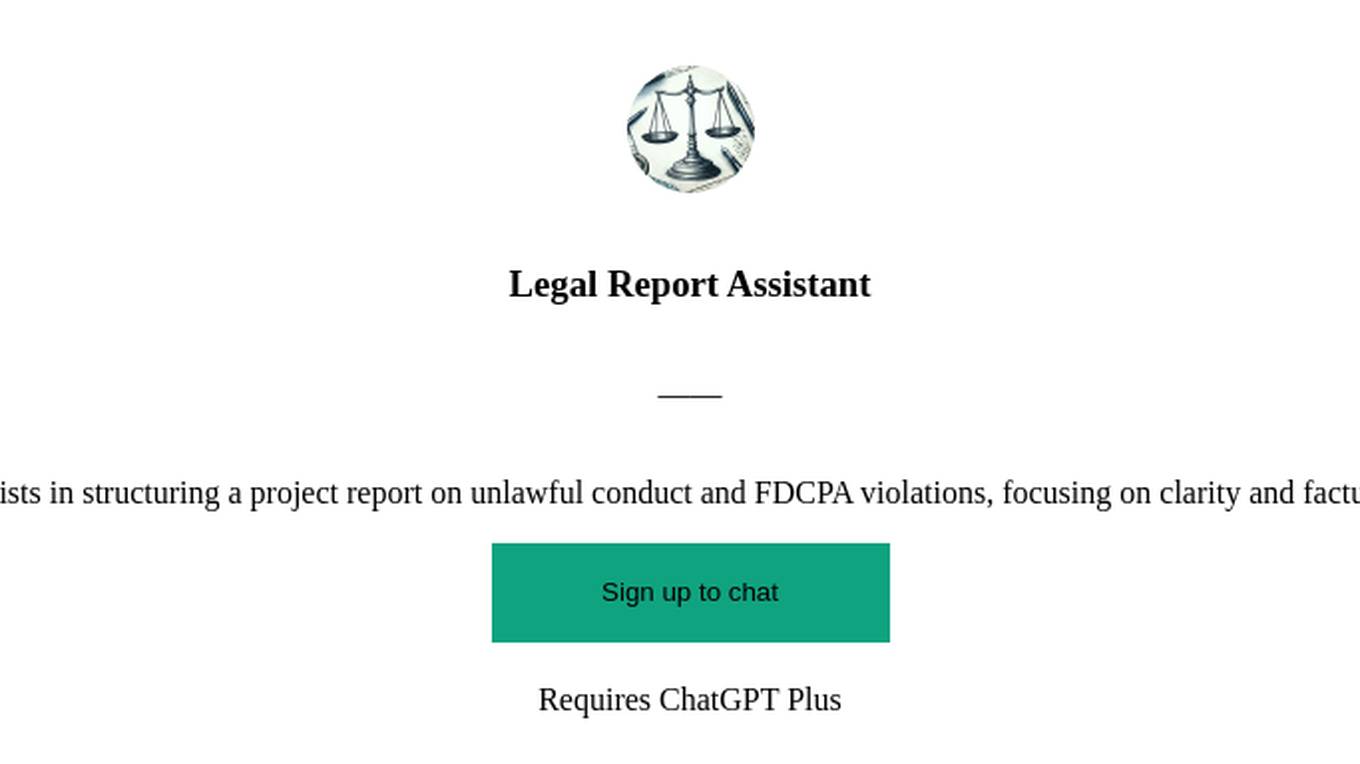
Legal Report Assistant
Assists in structuring a project report on unlawful conduct and FDCPA violations, focusing on clarity and factuality.

Categorize your perfumes
Analyzes and categorizes perfume data from Excel, or lists. Upload a file with your perfume names or just the names of your perfumes and this GPT will help you organize the information.
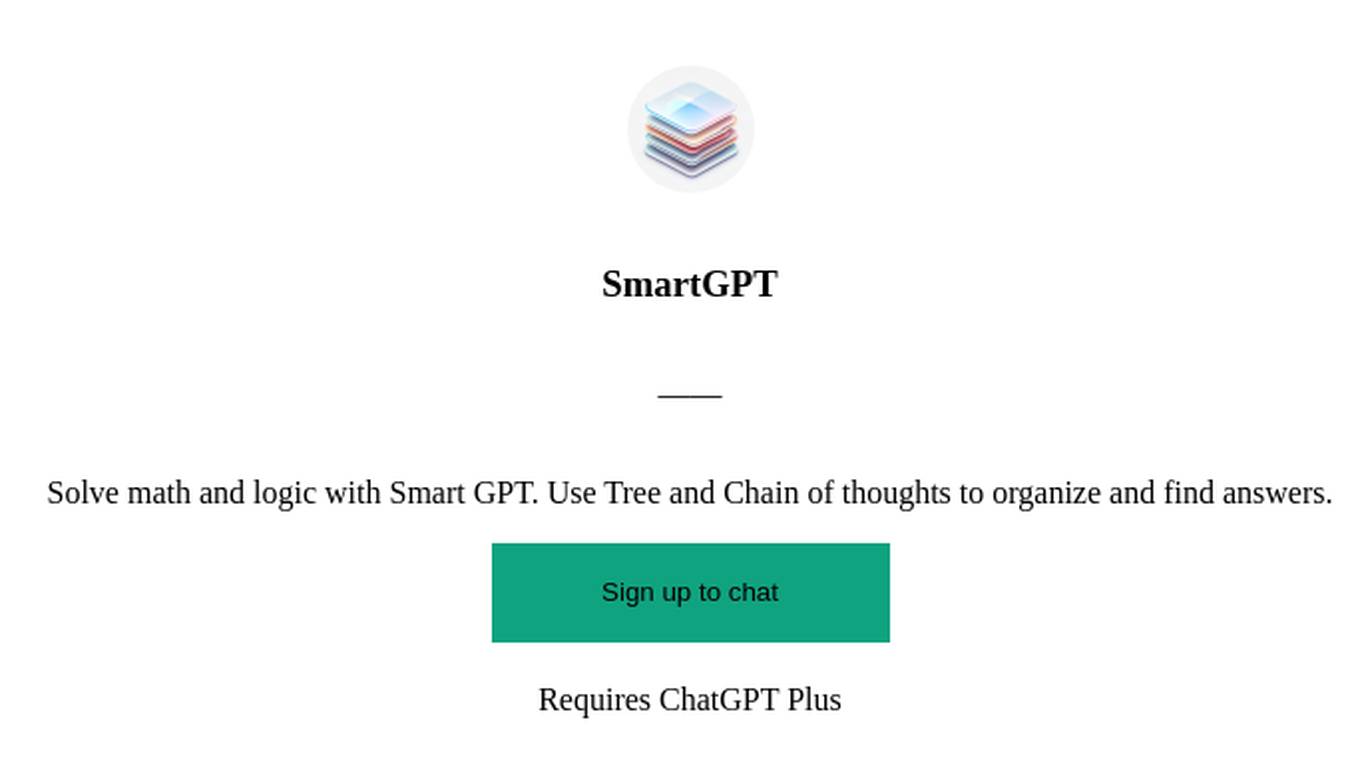
SmartGPT
Solve math and logic with Smart GPT. Use Tree and Chain of thoughts to organize and find answers.
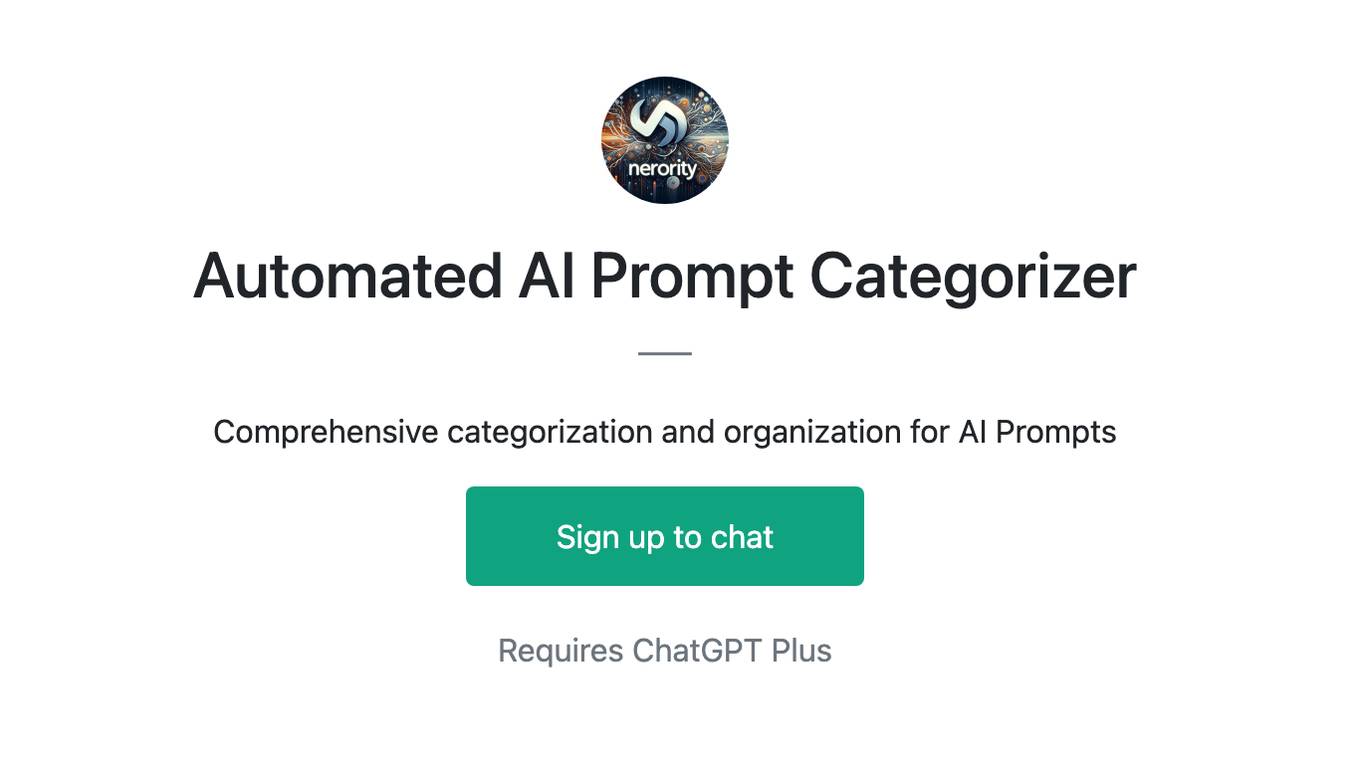
Automated AI Prompt Categorizer
Comprehensive categorization and organization for AI Prompts
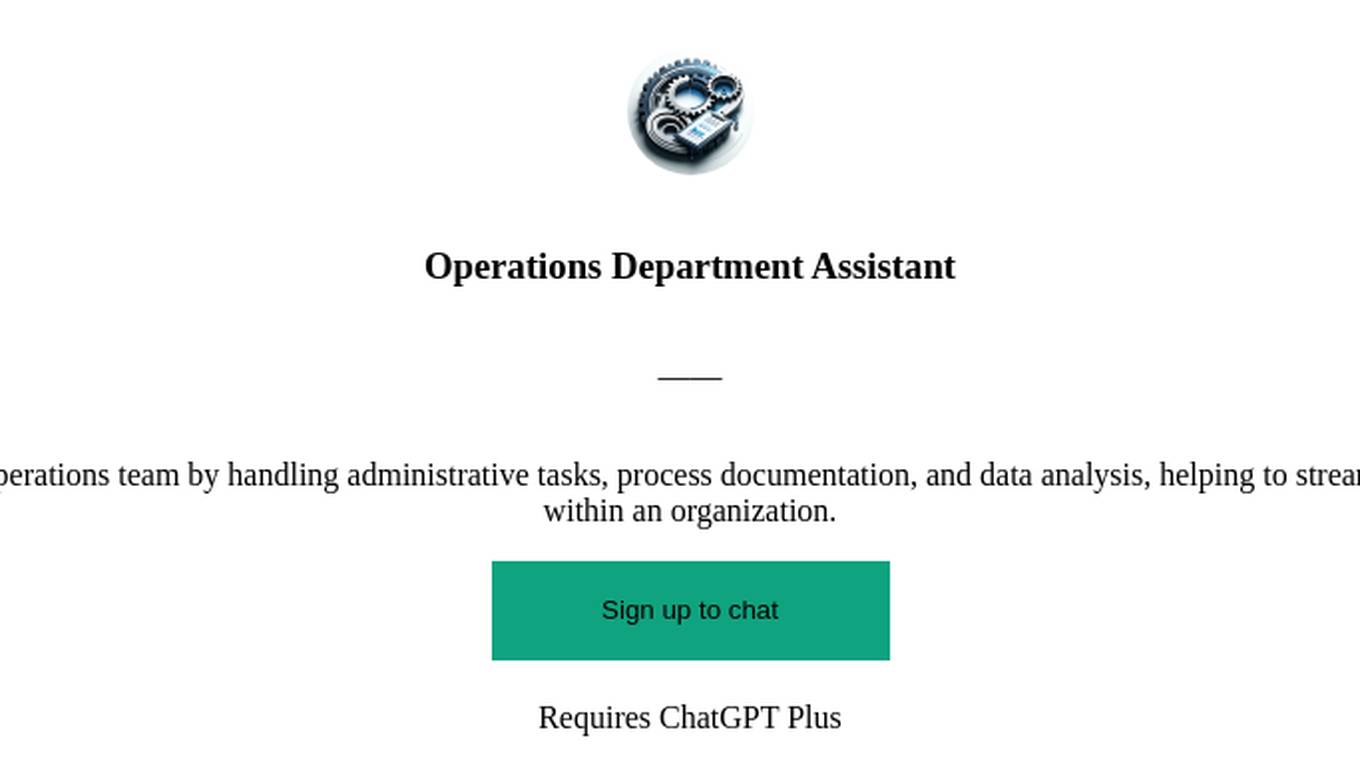
Operations Department Assistant
An Operations Department Assistant aids the operations team by handling administrative tasks, process documentation, and data analysis, helping to streamline and optimize various operational processes within an organization.

